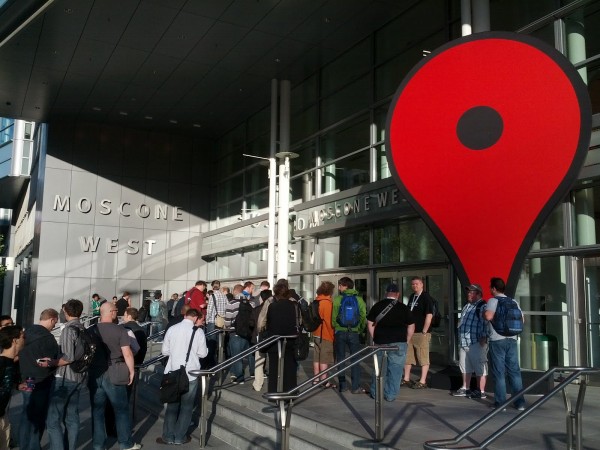
I'm here in San Francisco, undeterred by cancelled and delayed flights, and it's madness. At 7 am PDT, when the doors were supposed to open, the line wrapped around and down the block and around the next one. Man, you should have come. I/O closes an exciting month of developer events -- Apple's WWDC, Microsoft's TechEd, Windows Phone and surprise Surface announcement. But the last word goes to Google, which is expected today to debut the Nexus tablet, expand cloud services and delight with lots more. I'm too rushed to go through them all.
The keynote commences at 9:30 am PDT -- that's 12:30 pm Eastern Time, and all updates here will be in chronological order reversed -- meaning newest first. You'll want to refresh often.
11:41 am. That's a wrap.
11:40 am. Here it comes. Participants receive an Android Developer Pack: Galaxy Nexus phone, Nexus 7, latest Jellybean version and Nexus Q. The crowd roars! And won't stop!
11:39 am. The first live event is tonight featuring Paul Oakenfold and Train. Sweet music!
11:37 am. Gundotra returns to wrap up his interrupted Google+ Events presentation.
11:36 am. Well, I guess no one cares now that CEO Larry Page is missing in action.
11:34 am. Brin announces Google Glass Explorer Edition. Available for preorder only at Google I/O. Cost is $1,500 and ships next year. He calls it rough around the edges, but the price mutes audience enthusiasm. So that's big bucks spent today for something coming next year.
11:31 am. My battery is in the red. I've had the Chromebook running nearly consistently since 5:30 am.
11:28 am. Another Glass objective: Accessing information quickly, which is consistent with Google's core product approach. Think search.
11:24 am. Among Google's objectives for Glass: Communication through images and providing first-person perspective.
11:23 am. Glass uses an asymmetrical design that puts the video device, which weighs less than typical sunglasses, and puts the capture above eye level so that it's not in the way.
11:17 am. Here they come into the keynote hall!
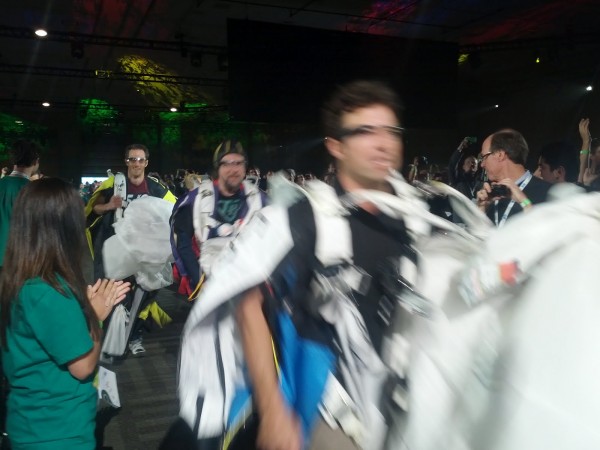
11:13 am. Now guys ride on the roof wearing Glass. Amazing.
11:12 am. He lands on Moscone Center roof.
11:11 am. Brin's friend jumps out of plane in a squirrel suit wearing Glass. Wait a view!
11:06 am. Google cofounder Sergey Brin runs on stage and he is demoing glass. Surprise!
11:04 am. After the event, guests receive an email asking them to upload their photos and videos, which are collected together, presented in chronological order and identified by person shooting them.
11:01 am. Google+ Events includes Party Mode, which allows live updating from the event, such as photos from different devices showing up in real time. The feature "gives your party a live pulse". There's a real-time slideshow.
10:59 am. Google+ Events is about connecting social with the real world, such as using cinema-graphic invitations. There is calendar integration and invites. "Set the right mood for your event", he says.
10:57 am. New feature: Google+ Events.
10:54 am. New Google+ for Android app also is available today.
10:53 am. Google+ for tablets, available today! For Android. "Available for iPad, soon", Gundotra says.
10:52 am. "We have more people using Google+ from mobile than desktops".
10:51 am. Google+ users spend 12 minutes a day in the stream.
10:51 am. Gundotra says there 250 million Google+ users and 150 million monthly active users -- half of them active every day.
10:48 am. Gundotra is back to discuss Google+, which he announced one year ago tomorrow.
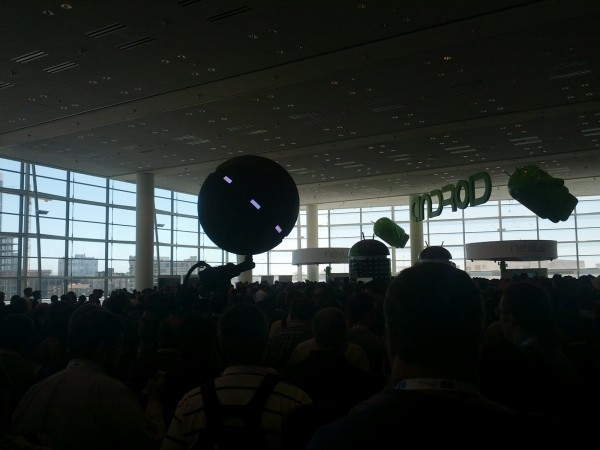
10:45 am. Nexus Q will cost $299 and ships in July, with preorders starting today at Google Play. (Photo is giant one outside the keynote hall.)
10:43 am. Nexus Q hugely leverages the cloud and sync. You hook up your device to any TV, and so take your movies with you. There's no configuration and no messy DRM-connect to deal with. Movies resume where they were last watched.
10:41 am. Hell, everyone thought the tablet would be the big gadget news. And Google kept this secret. Move over, Apple.
10:40 am. Google calls Nexus Q the first social connected streaming device. Friends can add their songs to the device from their Google Play libraries. This is great for parties, eh?
10:36 am. Nexus Q integrates into Google Play, pulling your content from there. You use your Android phone to control it. The sphere-shaped device connects to home speaker systems and features NFC, digital audio ports, WiFi and Ethernet, among others.
10:34 am. Nexus Q is a cloud-connected Android computer. Gee, what does this mean for Chromebox?
10:33 am. Google has designed its first consumer electronics device -- Nexus Q
10:31 am. Nexus 7 price, as rumored, starts as $199, which includes $25 credit for Google Play and some free games. Preorders start today at Google Play and the device ships in mid-July.
10:29 am. Google also pitches Nexus 7 as a portable gaming platform, taking advantage of the CPU, GPU and Project Butter performance improvements.
10:28 am. Google Currents is updated and that includes translation capabilities.
10:27 am. Nexus 7 supports offline maps.
10:25 am. Chrome is the standard browser!
10:24 am. Uh-oh, there's a new Shazaam-like feature for listening to and identifying music.
10:24 am. Following the theme of Google Now, a new recommendation widget uses your past activity to suggest content.
10:22 am. The presentation is beautiful and reminds of Google+ for Android and iOS. Full bleed, baby.
10:20 am. Everything about Nexus 7 is killing Kindle Fire. The basic setup and presentation of content is oh-so similar in concept.
10:18 am. Nexus 7: 7-inch display, 1280 x 800 resolution, quad-core Tegra 3 processor, 9 hours HD video playback, weighs 340 grams.
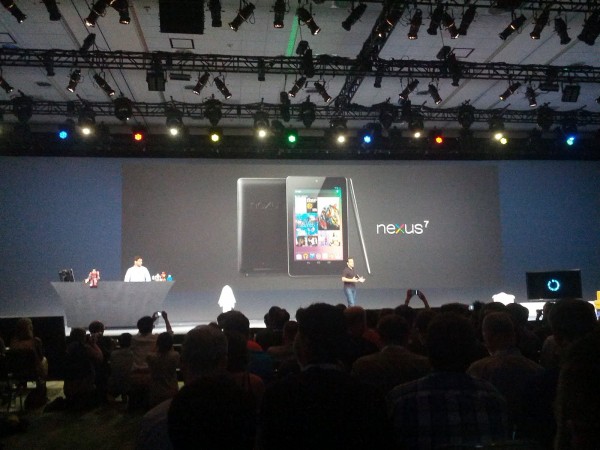
10:17 am. It's Nexus 7, running Jellybean and designed for Google Play.
10:16 am. Here it comes -- the Google tablet, manufactured by ASUS.
10:16 am. Magazine subscriptions are new, a big catchup with iPad.
10:15 am. Available today, movie and TV purchases, which is a catch-up feature.
10:14 am. Yerga discusses Google Cloud Messaging, which developers can tap into for free.
10:12 am. New Jellybean feature: Device-specific encryption for apps.
10:10 am. Google Play unpaid apps are available in 190 countries, 132 countries paid.
10:10 am. Chris Yerga, engineering director, discusses Google Play. There are 600,000 apps and over 20 billion downloads.
10:08 am. Jellybean SDK releases today.
10:07 am. Jellybean will be available to Galaxy Nexus and Motorola XOOM devices in mid July, as well as to open source.
10:04 am. Google Now looks in every way a superior personal assistant to Siri, and it shows how all that information the search giant collects can benefit you. If Google Now works as good as it demos, it will be Jellybean's killer feature.
10:00 am. Final search change -- Google Now, which uses your history, such as web searches, calendar, etc. Example: Offering best route to work based on your usual commute. Another example: Search for a flight, Google Now updates you on your flight status.
9:59 am. Uh-oh, voice search delivers answers ala-Siri. Ask a question, get an answer like Siri. Presentation is beautiful.
9:58 am. Search UI is completely redesigned, in a card fashion that reminds somewhat of Apple's Siri. Behind the cards are standard search results. The feature also taps into Google graph.
9:55 am. Wow, wow. There are many new Notifications enhancements. They expand, collapse and show more information.
9:54 am. Two new Android Beam features: Share videos and connect to NFC devices via Bluetooth.
9:54 am. More than 1 million NFC Androids ship every week.
9:53 am. New swipe features improve viewing the photos as you take them on the camera.
9:52. Jellybean supports gesture and touch, for the seeing-impaired, and connection to Braille devices via Bluetooth.
9:50 am. Jellybean improvements mean that voice typing now works without a data connection.
9:45 am/ Performance gains are about getting things in lockstep, such as task and graphic operations. This Jellybean feature will be US English first.
9:43 am David Burke, engineering director, discusses Project Butter, for improving Jellybean performance. "Everything feels a lot smoother...all buttery smooth".
9:42 am. It's official, Android 4.1, Jellybean.
9:41 am. 1 million activations per day, up from 400,000 last year.
9:40 am. 400 million Android devices activated, up from 100 million during last Google I/O. That's more than iOS.
9:37 am. Crowd countdowns and Vic Gundotra takes the stage. "Welcome to Google I/O". He says 1 million YouTube viewers.
9:31 am. MGMT plays, keynote starts in 5 minutes.
9:27 am. There are Droids everywhere.
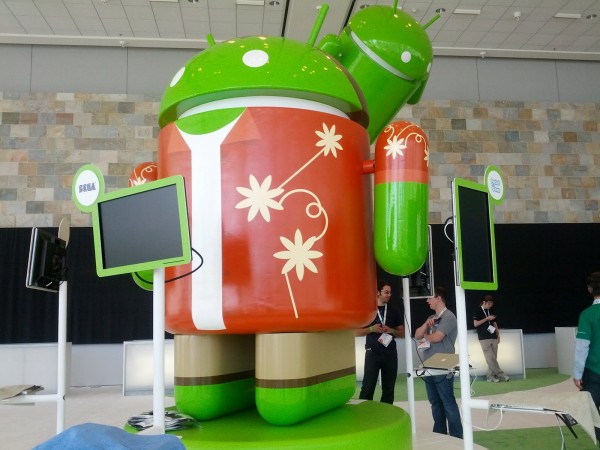
9:22 am. As I come up the stairs, there's little question what this event is all about. Android.
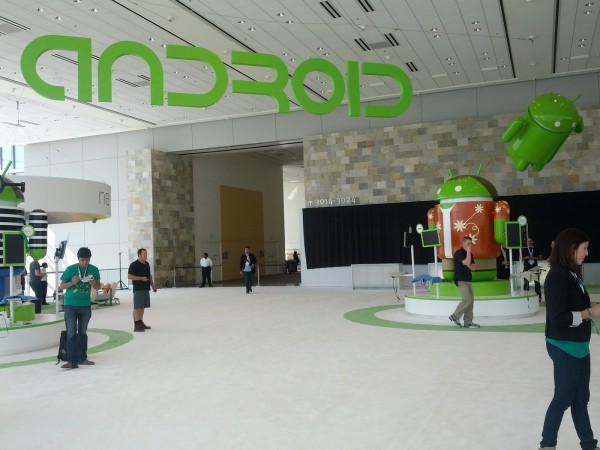
9:20 am. The crowd runs in.
9:18 am. Keynote doors are still closed. More than 5.000 people wait, crushed down a wrap-round hallway that blocks access to the press room.
9:10 am. I see one of many Android phone charging stations.
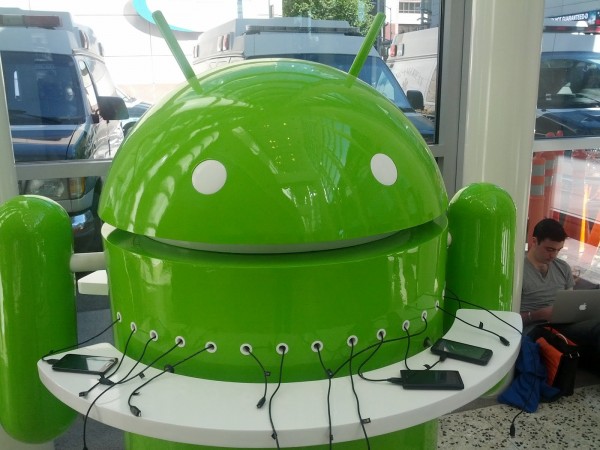
9:00 am. As attendees pass, a lone Googler tests the classic Pac-Man machine.
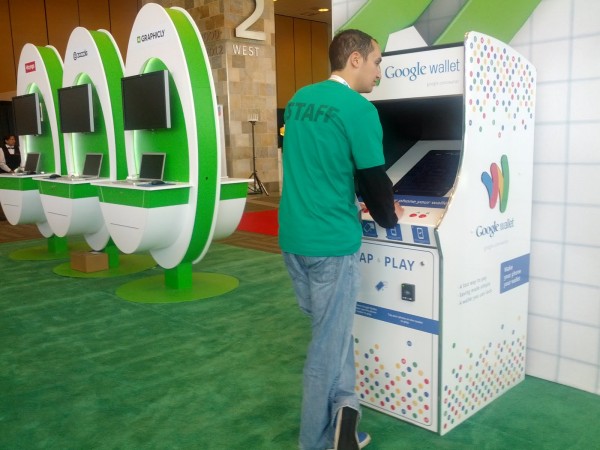
8:55 am. Attendees shuffle upstairs to make room.
8:43 am. A Googler says there about 5,000 people waiting to get into the keynote.
8:40 am. I just spoke with three guys from Ice Development. Some of their work involves games, and they say the hardware Chrome OS currently runs on isn't good enough. Get this: Their games run better on Ubuntu on the same hardware.
8:23 am. The downstairs area is full of developers waiting to get into the keynote. Doors open at 9 am. I've started conducting video interviews with developers, using my Galaxy Nexus and uploading directly from the phone to YouTube.
8:00 am. Now this is a conference. Free soda, including regular and diet Dew.
7:44 am. Buzz is big. Over breakfast, developers chatter about the keynote and what comes next. Pretty much everyone expects the Nexus tablet. But is it enough to woo more of them to developing for Android before iOS? That's a question better answered after the keynote finishes.
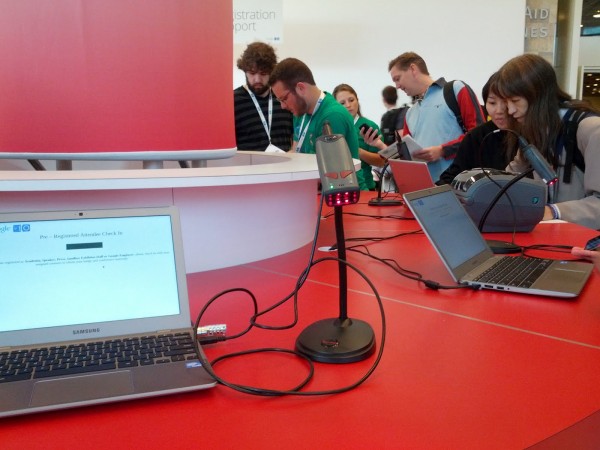
7:21 am. My God, there are Chromebooks everywhere. At registration and anywhere you could possibly look. Samsung Series 5 550s one and all. I'm using one, too. Shame. Shame.
7:20 am. We're in, and a crowd of green-shirted Googlers greets the first people coming in the door.
7:00 am. The crowd is enormous and anxious, because the doors aren't open. The entrance is marked like you would a Google Map.
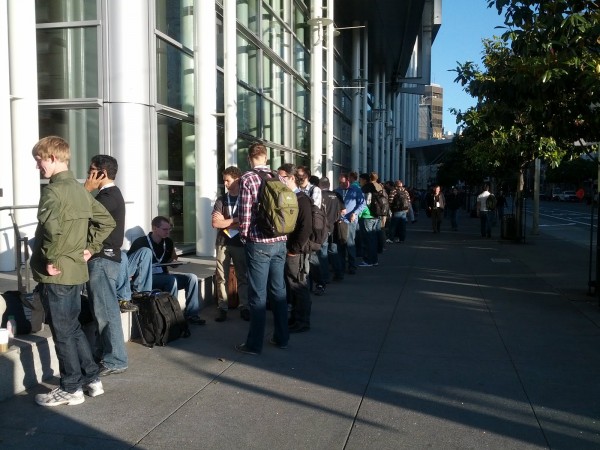



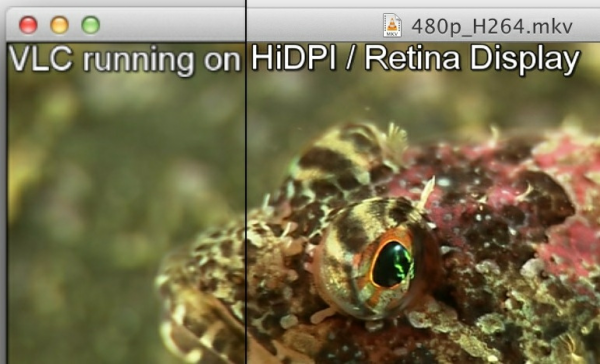



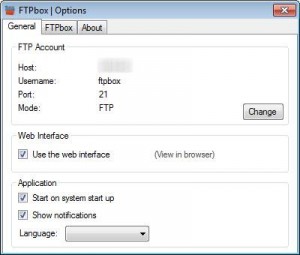 FTPBox
FTPBox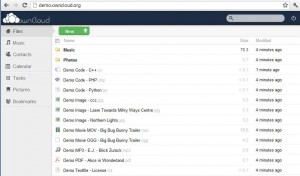 Installation should not be too difficult provided that the server is meeting all requirements and that you have permissions to install new software on the server. It all comes down to running two commands on the server to install ownCloud on it.
Installation should not be too difficult provided that the server is meeting all requirements and that you have permissions to install new software on the server. It all comes down to running two commands on the server to install ownCloud on it.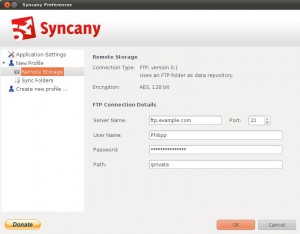 Syncany
Syncany
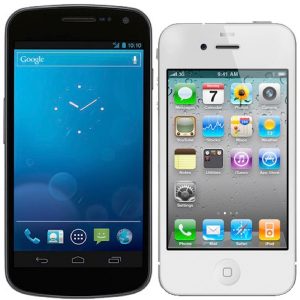 Apple's ridiculous patent assault against Samsung finally hits Google, which suddenly looks genius for choosing Asus to manufacture the
Apple's ridiculous patent assault against Samsung finally hits Google, which suddenly looks genius for choosing Asus to manufacture the 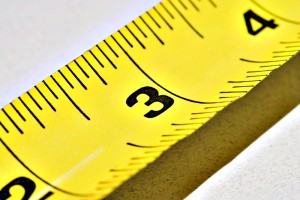 It’s relentless. Just when my psyche was beginning to recover from the
It’s relentless. Just when my psyche was beginning to recover from the 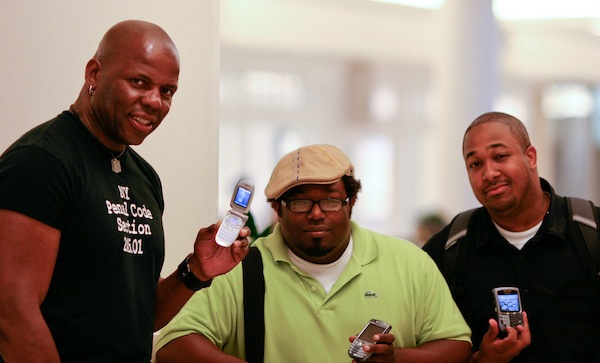


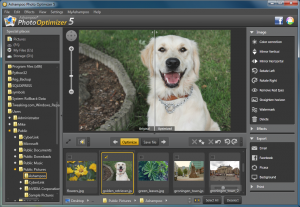 German developer Ashampoo has released
German developer Ashampoo has released  From the halls of Adobe come the bells of impending death tolls. The master slayed its dragon. Flash is dead. The words from Adobe today in a public
From the halls of Adobe come the bells of impending death tolls. The master slayed its dragon. Flash is dead. The words from Adobe today in a public 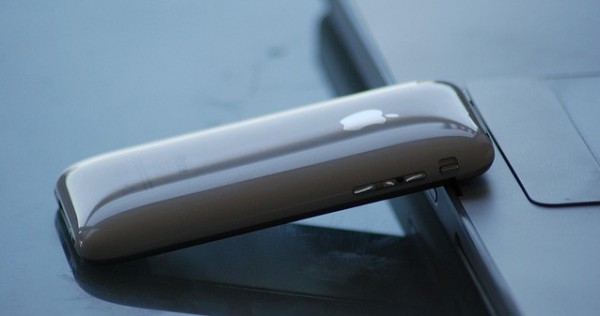
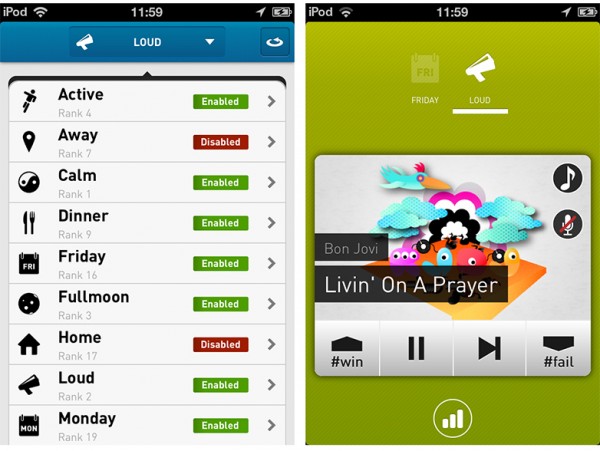
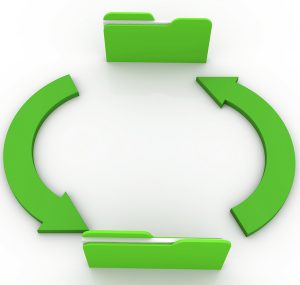 Danish software developer Secunia ApS has released a brand new version of its free security audit tool for Windows users.
Danish software developer Secunia ApS has released a brand new version of its free security audit tool for Windows users. 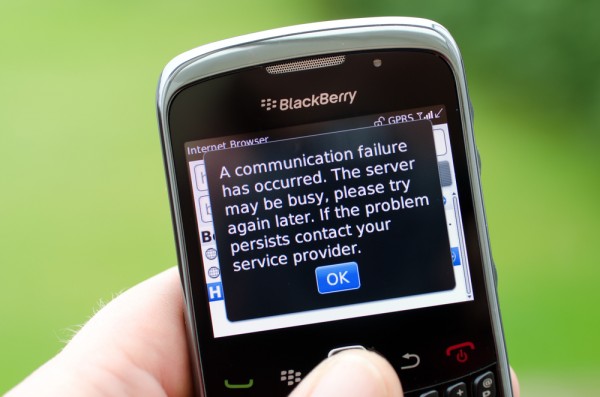
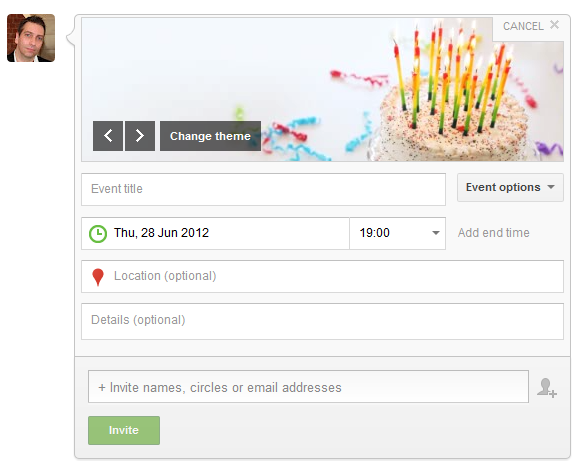
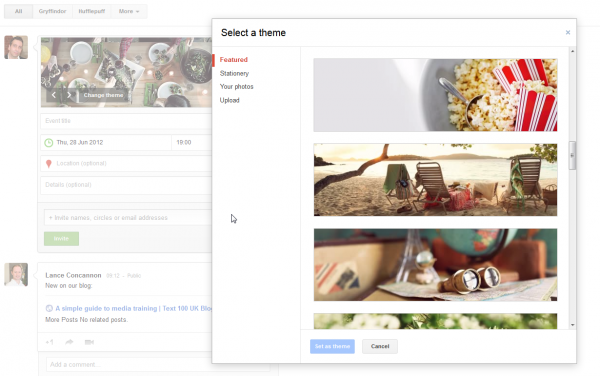
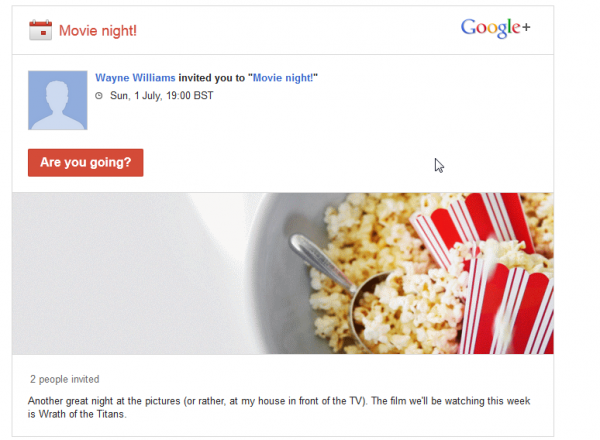
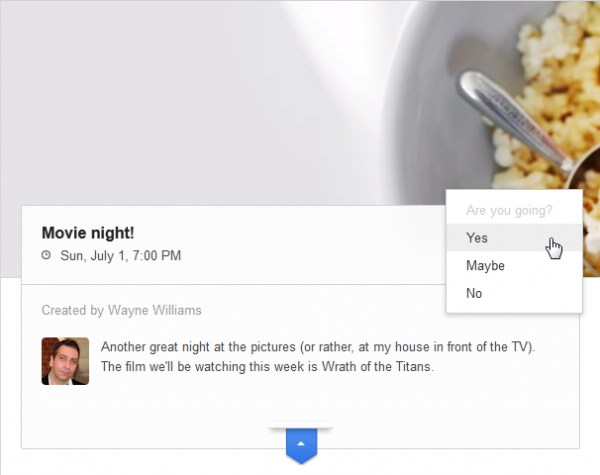
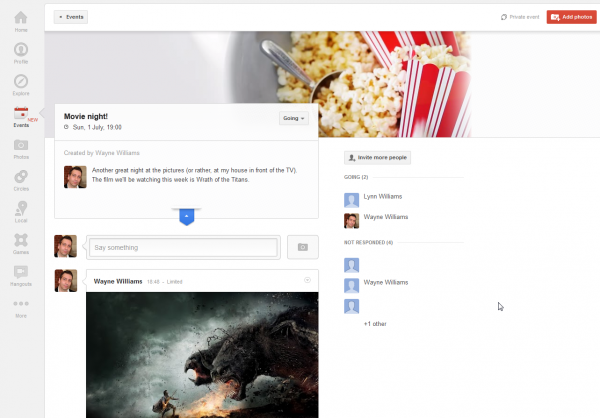
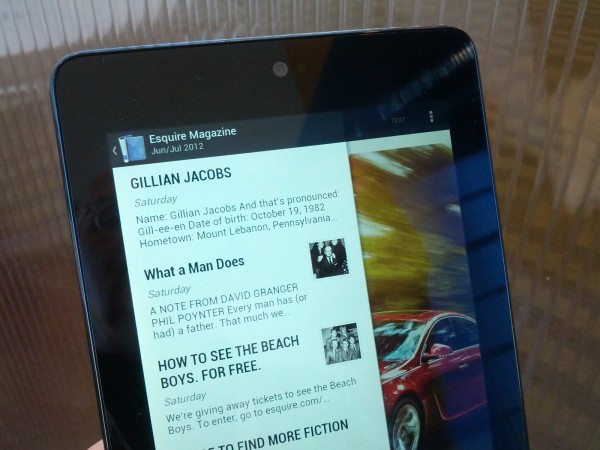
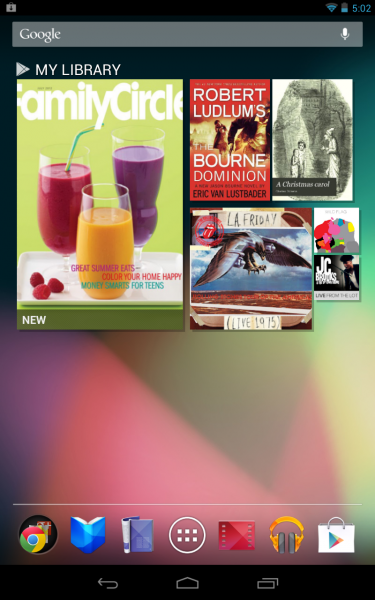
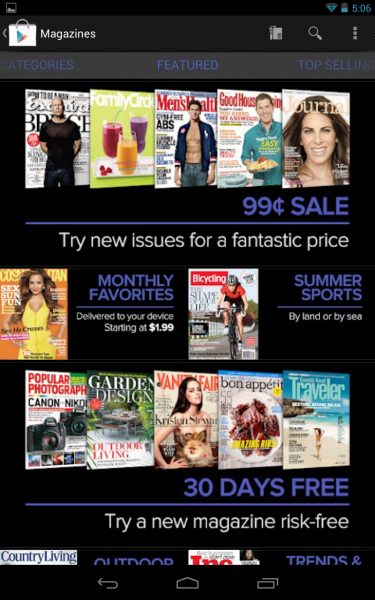
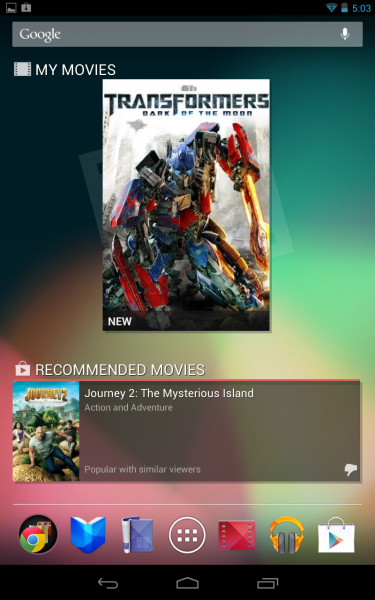
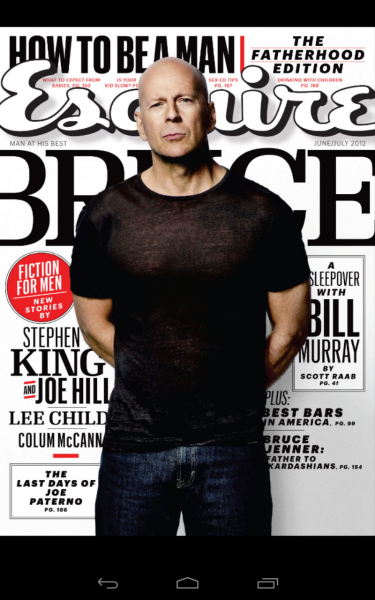
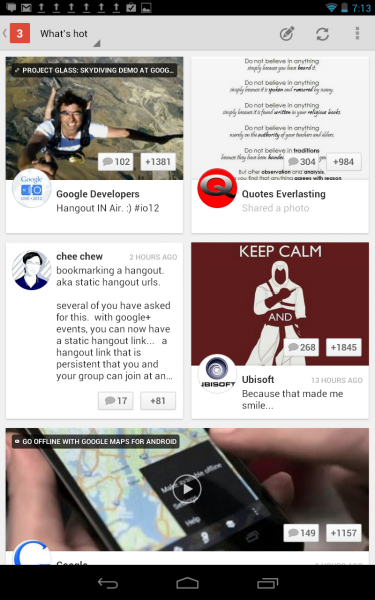
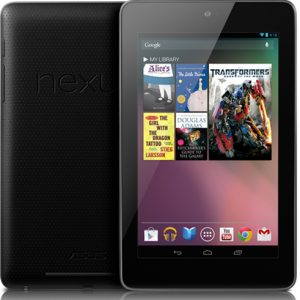 The cat is finally out of the bag. After weeks of speculation surrounding Google’s vaporous "7-inch Kindle killer", the
The cat is finally out of the bag. After weeks of speculation surrounding Google’s vaporous "7-inch Kindle killer", the 
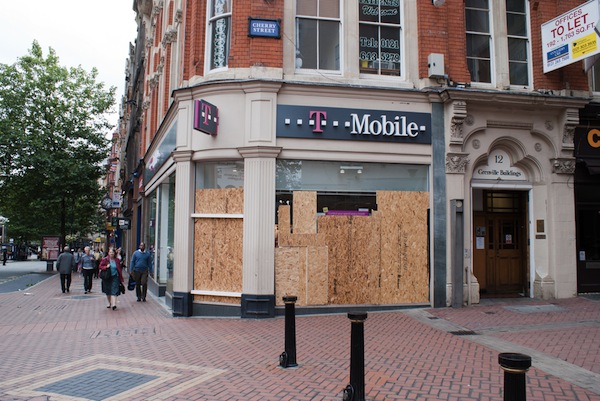
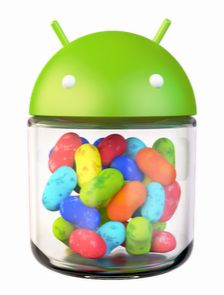
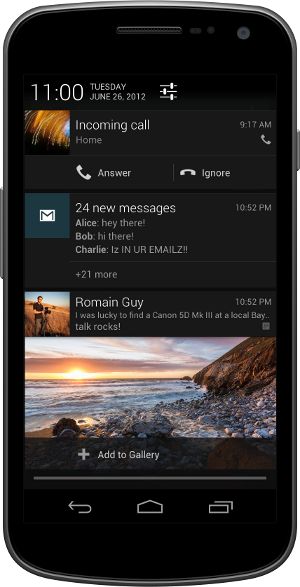
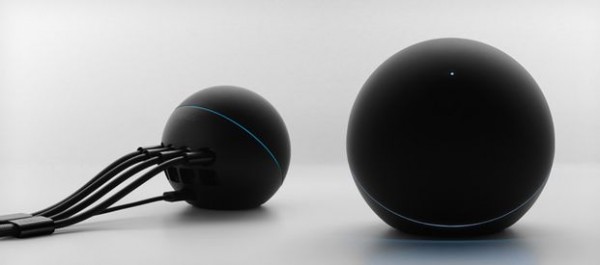
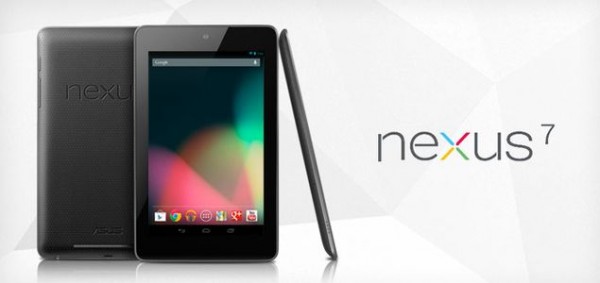










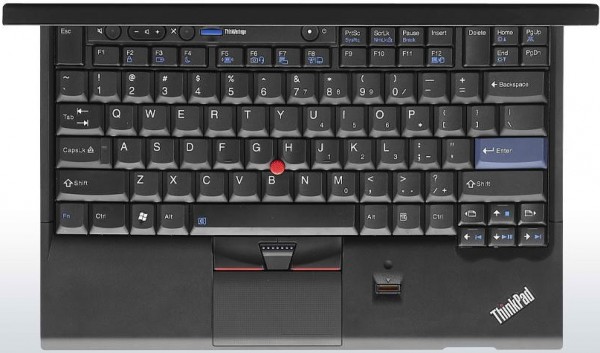
 Bitdefender has released its 2013 range:
Bitdefender has released its 2013 range: 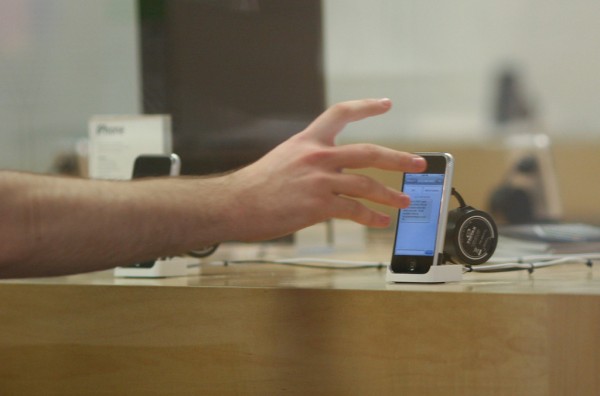
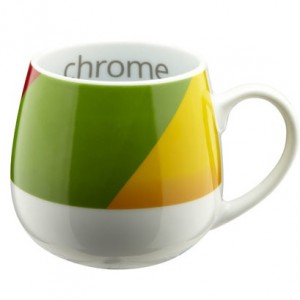 Google has released
Google has released  Facebook has really made waves among its users by changing the contact email address information in personal profiles.
Facebook has really made waves among its users by changing the contact email address information in personal profiles.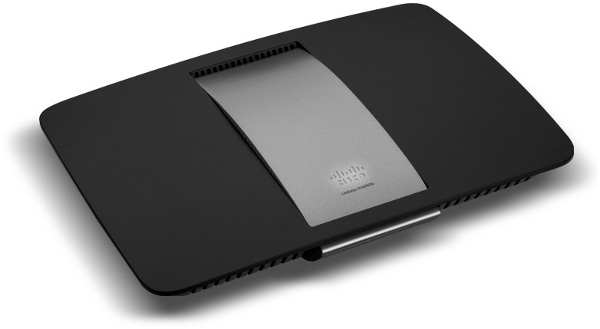

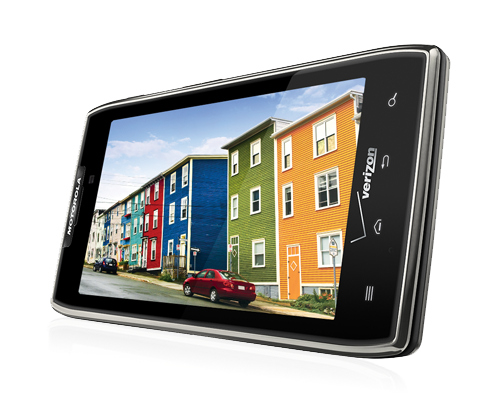

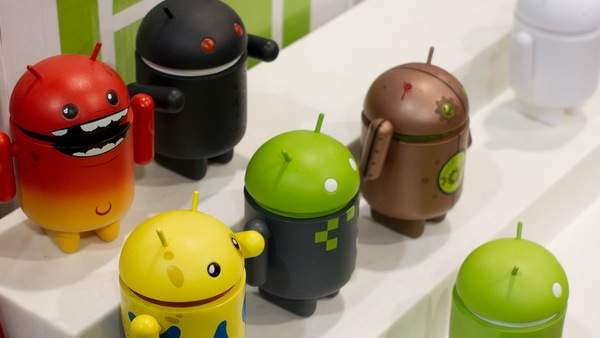

 Derrick Wlodarz is an IT professional who owns Park Ridge, IL (USA) based computer repair company FireLogic. He has over 7+ years of experience in the private and public technology sectors, holds numerous credentials from CompTIA and Microsoft, and is one of a handful of Google Apps Certified Trainers & Deployment Specialists in the States. He is an active member of CompTIA's Subject Matter Expert Technical Advisory Council that shapes the future of CompTIA examinations across the globe. You can reach out to him at
Derrick Wlodarz is an IT professional who owns Park Ridge, IL (USA) based computer repair company FireLogic. He has over 7+ years of experience in the private and public technology sectors, holds numerous credentials from CompTIA and Microsoft, and is one of a handful of Google Apps Certified Trainers & Deployment Specialists in the States. He is an active member of CompTIA's Subject Matter Expert Technical Advisory Council that shapes the future of CompTIA examinations across the globe. You can reach out to him at 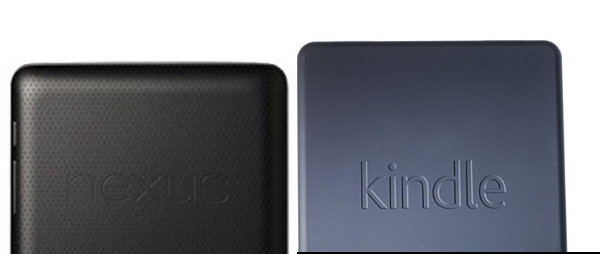
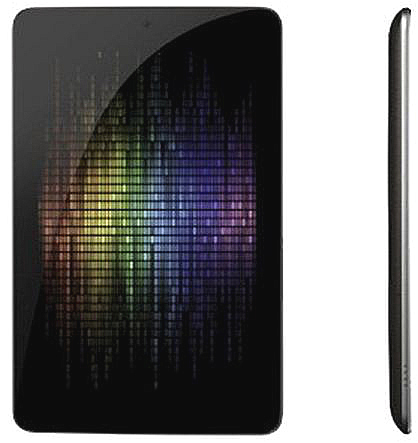
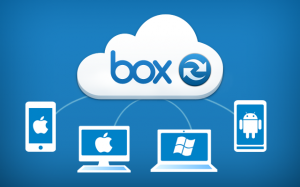 Cloud storage service Box extended its mobile app framework OneCloud to the Android platform on Monday, allowing apps to use Box as storage for data. The company released a similar offering for iOS developers back in March.
Cloud storage service Box extended its mobile app framework OneCloud to the Android platform on Monday, allowing apps to use Box as storage for data. The company released a similar offering for iOS developers back in March.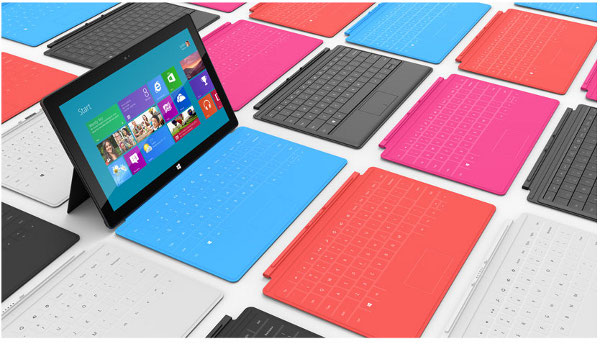
 Apple is one of the single software companies that hasn't really faced the problem of viruses, for years claiming their operating system is the most secure among all. Seemingly every Mac user claims that his or her computer is the safest and greatest -- they’re invincible!
Apple is one of the single software companies that hasn't really faced the problem of viruses, for years claiming their operating system is the most secure among all. Seemingly every Mac user claims that his or her computer is the safest and greatest -- they’re invincible!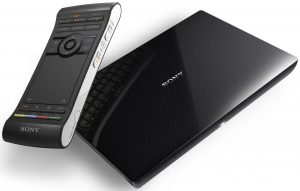 The
The  Your hard drive is buzzing, and you don’t know why. Finding out what’s going on is probably a good idea: at best a legitimate program is tying up resources and slowing you down, at worst you’ve got a malware infection. But what do you do now?
Your hard drive is buzzing, and you don’t know why. Finding out what’s going on is probably a good idea: at best a legitimate program is tying up resources and slowing you down, at worst you’ve got a malware infection. But what do you do now?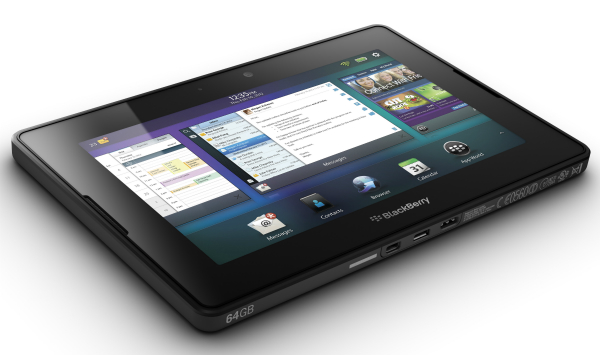
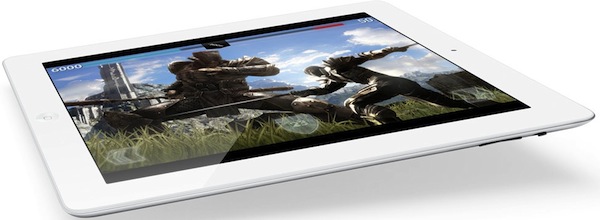
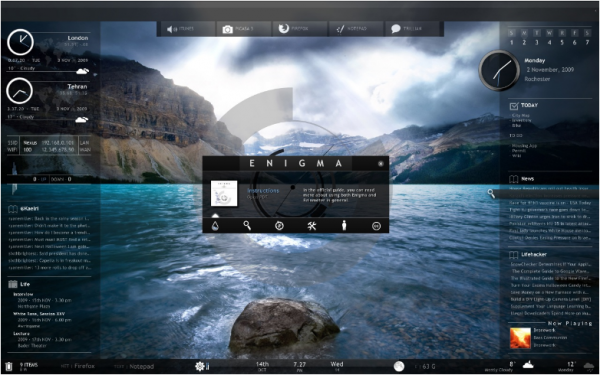
 If you’re looking to equip your PC with a free spreadsheet, then your first thought will probably be to download one of the open-source Office competitors:
If you’re looking to equip your PC with a free spreadsheet, then your first thought will probably be to download one of the open-source Office competitors: 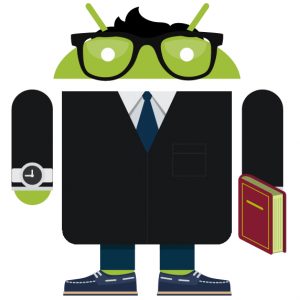 Just ahead of Google I/O 2012, The Street claims that "
Just ahead of Google I/O 2012, The Street claims that " Today’s homes are becoming smarter and smarter, thanks to embedded technologies. While we’re a good way off from talking homes with their own personalities -- popularized on television and in the movies -- they can do amazing things.
Today’s homes are becoming smarter and smarter, thanks to embedded technologies. While we’re a good way off from talking homes with their own personalities -- popularized on television and in the movies -- they can do amazing things.
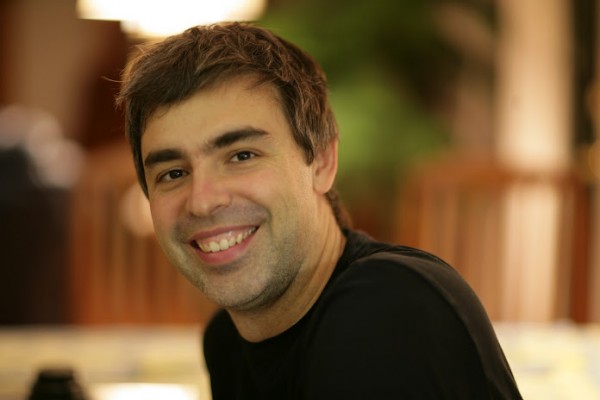
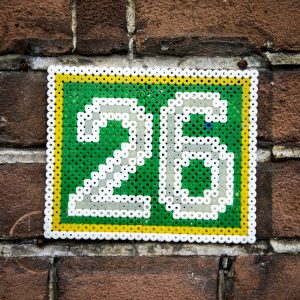 As we reach the end of June, commercial developers are busy preparing software for a Q3 launch, so we’ll be entering a lean period for key, new releases. This doesn’t mean it was a quiet week; far from it. TechSmith released
As we reach the end of June, commercial developers are busy preparing software for a Q3 launch, so we’ll be entering a lean period for key, new releases. This doesn’t mean it was a quiet week; far from it. TechSmith released 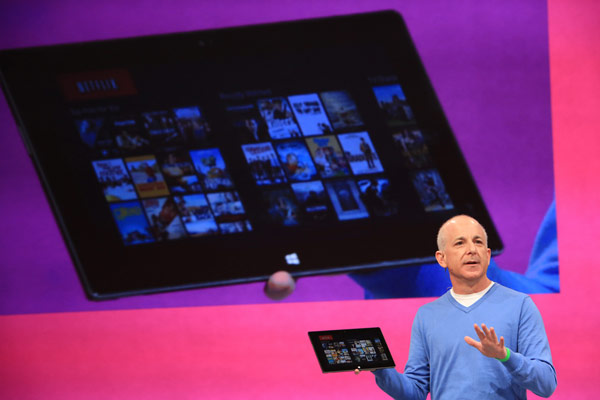
 One thing I have to say about US District Judge Richard Posner, he doesn't mince words. He's direct and cutting. If only there were more jurists like him on the bench. Cut he did today, in an order slicing Apple and Motorola to bits -- but the fruit-logo company he turned to mush. In a
One thing I have to say about US District Judge Richard Posner, he doesn't mince words. He's direct and cutting. If only there were more jurists like him on the bench. Cut he did today, in an order slicing Apple and Motorola to bits -- but the fruit-logo company he turned to mush. In a  Most PC users need to capture an image of their screen from time to time, and Windows’ ability to grab the full screen and active window will usually be enough. Opting for a specialist screen grabber can give you considerably more options, though, and the open source
Most PC users need to capture an image of their screen from time to time, and Windows’ ability to grab the full screen and active window will usually be enough. Opting for a specialist screen grabber can give you considerably more options, though, and the open source 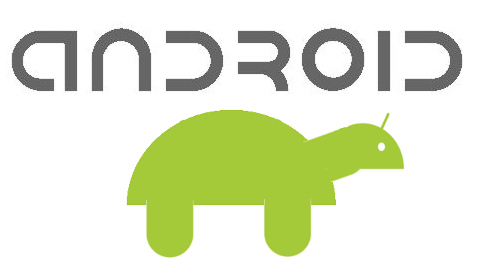

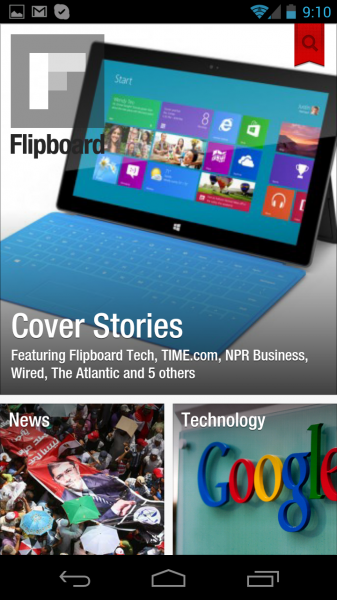 Flipboard, the social newsreader with a stylish magazine-like design, has emerged from beta and is now available free for all Android devices, including the Kindle Fire (although it’s optimized for smartphones rather than tablets). Editor's Note: It's not compatible with my ASUS Transformer Pad 300 -- curses.
Flipboard, the social newsreader with a stylish magazine-like design, has emerged from beta and is now available free for all Android devices, including the Kindle Fire (although it’s optimized for smartphones rather than tablets). Editor's Note: It's not compatible with my ASUS Transformer Pad 300 -- curses. Uninstalling a program within Windows can take a little work. You might have to head off to Control Panel, find the “Uninstall a program” applet, wait for it to display (which can take a few seconds in itself on some systems, as Windows calculates “disk space used” figures and more), then find and double-click your unwanted application.
Uninstalling a program within Windows can take a little work. You might have to head off to Control Panel, find the “Uninstall a program” applet, wait for it to display (which can take a few seconds in itself on some systems, as Windows calculates “disk space used” figures and more), then find and double-click your unwanted application.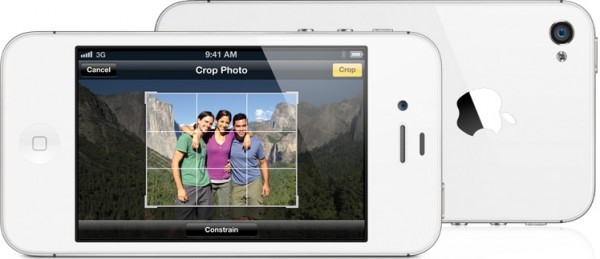
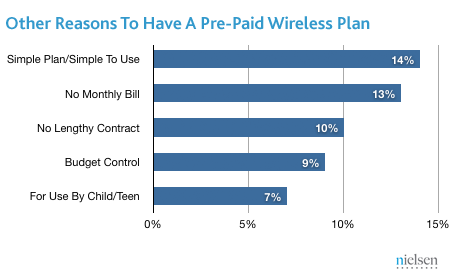
 What a week! Just when I thought Microsoft could never be as cool as Apple, bang! Here comes Surface (no, not
What a week! Just when I thought Microsoft could never be as cool as Apple, bang! Here comes Surface (no, not 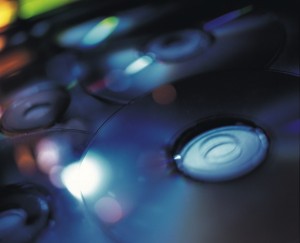 One of the plus points of Windows 8 is that it can natively mount an ISO image as a virtual disk, allowing you to browse it without requiring a physical disc. If you’d like to have that ability right now, though, there’s no need to wait -- the free
One of the plus points of Windows 8 is that it can natively mount an ISO image as a virtual disk, allowing you to browse it without requiring a physical disc. If you’d like to have that ability right now, though, there’s no need to wait -- the free  When carrying out research online you may often find important pages that you’d like to save, and of course you might do this by simply clicking File > Save from your browser. The results can be a little messy, though, with files and folders scattered everywhere, and reviewing the pages later might be difficult.
When carrying out research online you may often find important pages that you’d like to save, and of course you might do this by simply clicking File > Save from your browser. The results can be a little messy, though, with files and folders scattered everywhere, and reviewing the pages later might be difficult.
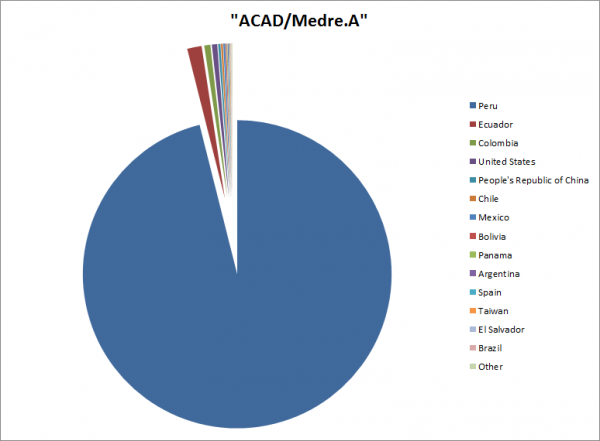
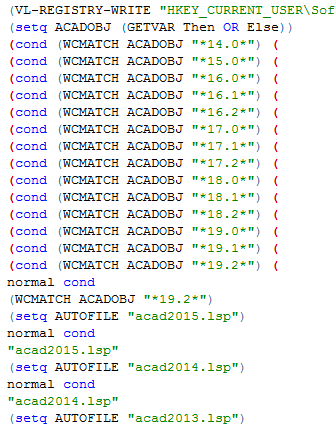 After some configuration, ACAD/Medre.A will begin sending the different AutoCAD drawings that are opened by email to a recipient with an email account at the Chinese 163.com Internet provider. It will try to do this using 22 other accounts at 163.com and 21 accounts at qq.com, another Chinese Internet provider. Remarkably, this is done by accessing smtp.163.com and smtp.qq.com with the different account credentials. It is ill advised to have port 25 outgoing allowed other than to your own ISP. Obviously the Internet Providers in Peru do allow this. Also it is reasonable to assume that the companies that are a victim of this suspected industrial espionage malware do not have their firewalls configured to block port 25 either.
After some configuration, ACAD/Medre.A will begin sending the different AutoCAD drawings that are opened by email to a recipient with an email account at the Chinese 163.com Internet provider. It will try to do this using 22 other accounts at 163.com and 21 accounts at qq.com, another Chinese Internet provider. Remarkably, this is done by accessing smtp.163.com and smtp.qq.com with the different account credentials. It is ill advised to have port 25 outgoing allowed other than to your own ISP. Obviously the Internet Providers in Peru do allow this. Also it is reasonable to assume that the companies that are a victim of this suspected industrial espionage malware do not have their firewalls configured to block port 25 either.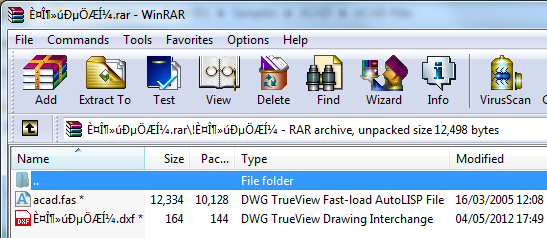
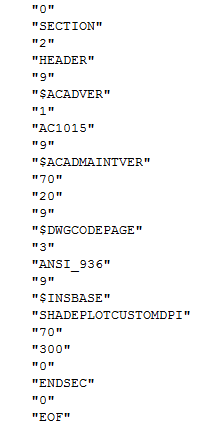 For a technical details of ACAD/Medre.A refer to Robert Lipovsky’s
For a technical details of ACAD/Medre.A refer to Robert Lipovsky’s 
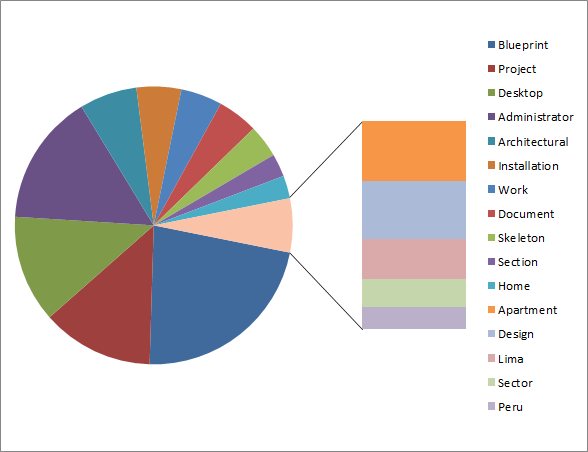

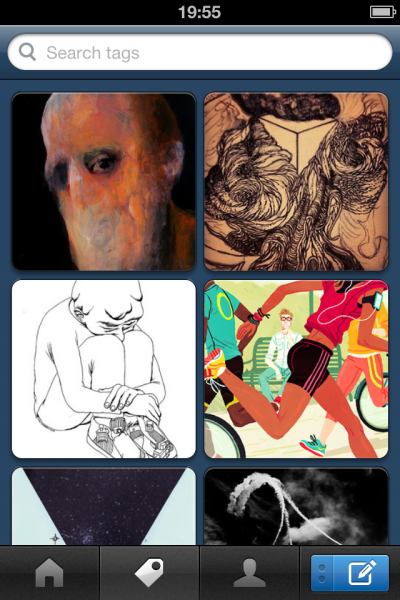 There was nothing really wrong with Tumblr’s previous iOS app. It offered all the features you’d expect, such as the ability to access your dashboard, create a post, manage multiple blogs and view and reply to messages. The interface was straightforward, intuitive and unmistakably Tumblr.
There was nothing really wrong with Tumblr’s previous iOS app. It offered all the features you’d expect, such as the ability to access your dashboard, create a post, manage multiple blogs and view and reply to messages. The interface was straightforward, intuitive and unmistakably Tumblr. FireTrust has today revealed
FireTrust has today revealed 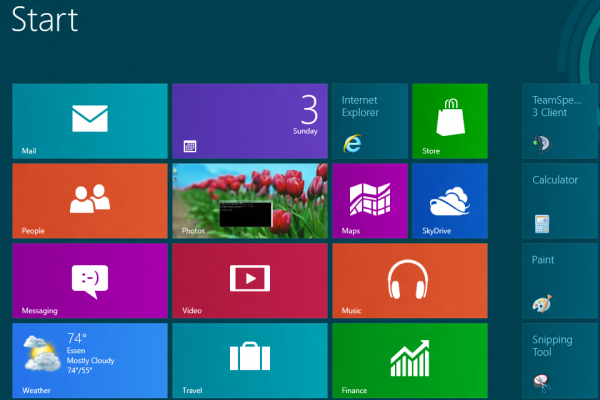

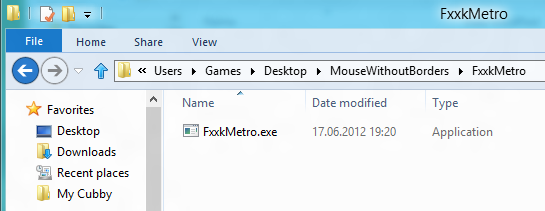
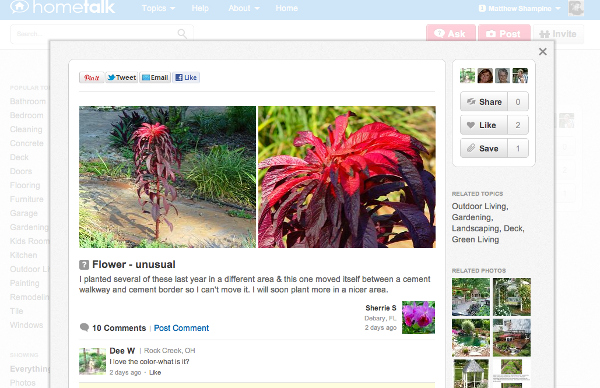
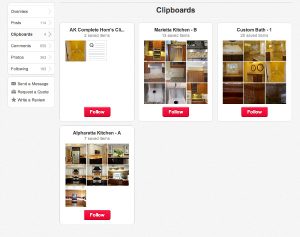 But beyond the social networking aspect of Hometalk, the site includes a "professionals" section where users connect with local contractors, to hire them for jobs, or simply to ask for advice and opinions. Though it lacks the review and quality control aspect that Angie's List was designed to have, it does provide a free method of communicating directly with home improvement specialists in a place where they can actually build their reputation in front of everyone.
But beyond the social networking aspect of Hometalk, the site includes a "professionals" section where users connect with local contractors, to hire them for jobs, or simply to ask for advice and opinions. Though it lacks the review and quality control aspect that Angie's List was designed to have, it does provide a free method of communicating directly with home improvement specialists in a place where they can actually build their reputation in front of everyone. 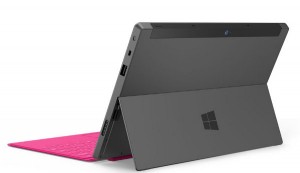 Microsoft’s Hollywood announcement Monday of its two Surface tablet computers was a tactical triumph but had no strategic value for the world’s largest software company because the event left too many questions unanswered. If I were to guess what was on Microsoft CEO Steve Ballmer’s mind it was simply to beat next week’s expected announcement of a Google branded tablet running Android. Microsoft, already playing catch-up to Apple’s iPad, does not want to be seen as following Google, too. So they held an event that was all style and no substance at all.
Microsoft’s Hollywood announcement Monday of its two Surface tablet computers was a tactical triumph but had no strategic value for the world’s largest software company because the event left too many questions unanswered. If I were to guess what was on Microsoft CEO Steve Ballmer’s mind it was simply to beat next week’s expected announcement of a Google branded tablet running Android. Microsoft, already playing catch-up to Apple’s iPad, does not want to be seen as following Google, too. So they held an event that was all style and no substance at all.
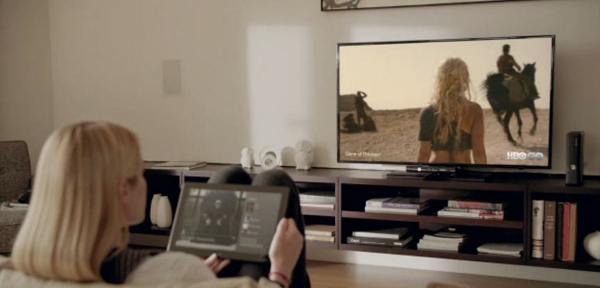
 Most free recovery tools focus on undeleting files only. As its name suggests, though,
Most free recovery tools focus on undeleting files only. As its name suggests, though, 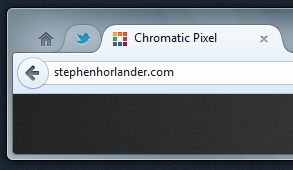 It’s been public knowledge for a while now that Mozilla intends to provide a uniform interface for Firefox across all platforms. The aim of the
It’s been public knowledge for a while now that Mozilla intends to provide a uniform interface for Firefox across all platforms. The aim of the 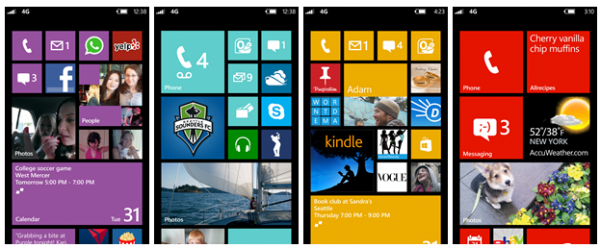
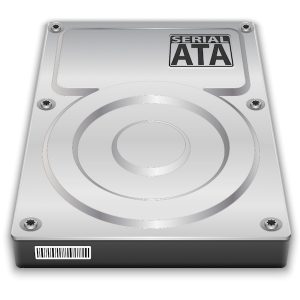 Already one of our favorite free disk imaging tools,
Already one of our favorite free disk imaging tools, 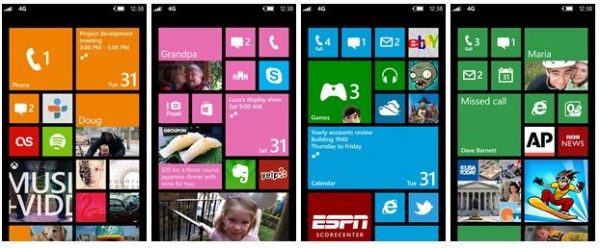
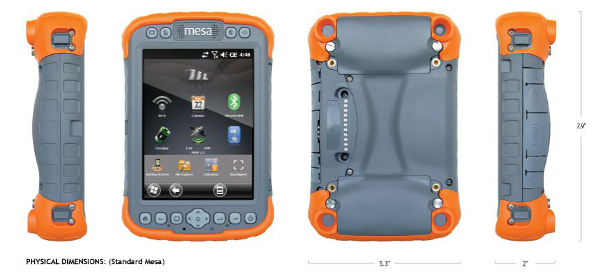
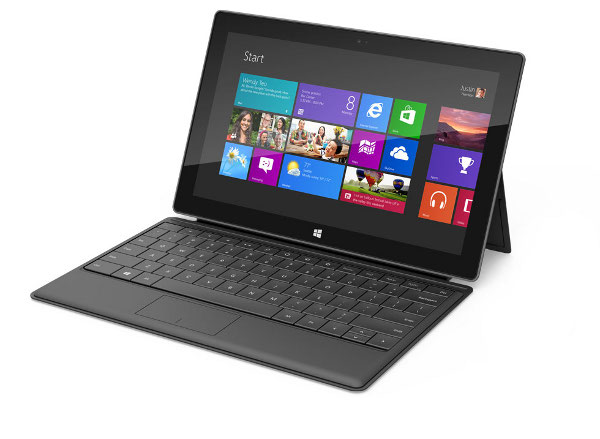
 Chris Boss is an advanced Windows API programmer and developer of 10 year-old
Chris Boss is an advanced Windows API programmer and developer of 10 year-old  Is your hard drive a little messy, cluttered with files that aren’t where you’d like them to be? You’re not alone, and a part of the problem is that Windows really doesn’t make it very easy to clear up. No matter how many times you drag and drop a ZIP file into your Archives folder, say, Explorer never learns that’s where they’re kept, and so you have to move them there manually. Every. Single. Time.
Is your hard drive a little messy, cluttered with files that aren’t where you’d like them to be? You’re not alone, and a part of the problem is that Windows really doesn’t make it very easy to clear up. No matter how many times you drag and drop a ZIP file into your Archives folder, say, Explorer never learns that’s where they’re kept, and so you have to move them there manually. Every. Single. Time.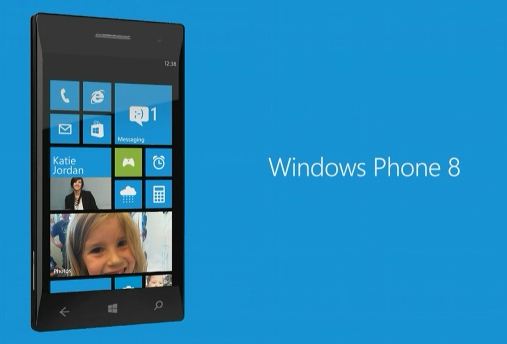
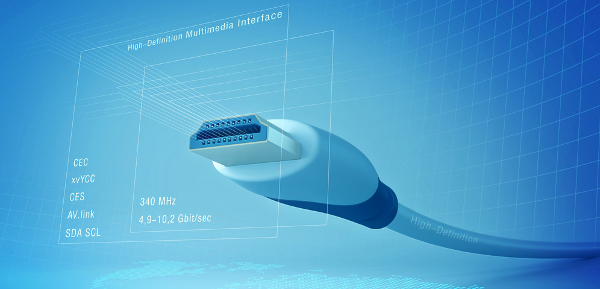
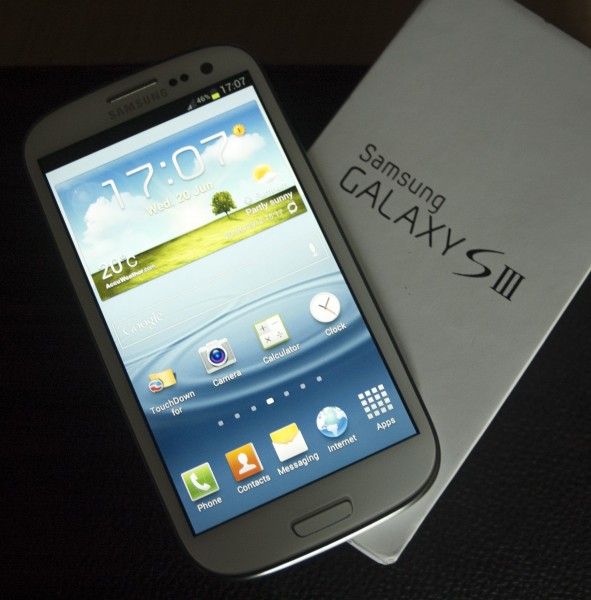 I got my shiny new Galaxy S III about ten days ago -- my first phone upgrade for quite a while. Although I’ve been watching smartphone developments with great interest, I used my Nokia N900 for nearly three years. Nothing out there really looked much better. But suddenly the flagship phones of this generation seem to be a significant improvement over their predecessors.
I got my shiny new Galaxy S III about ten days ago -- my first phone upgrade for quite a while. Although I’ve been watching smartphone developments with great interest, I used my Nokia N900 for nearly three years. Nothing out there really looked much better. But suddenly the flagship phones of this generation seem to be a significant improvement over their predecessors.

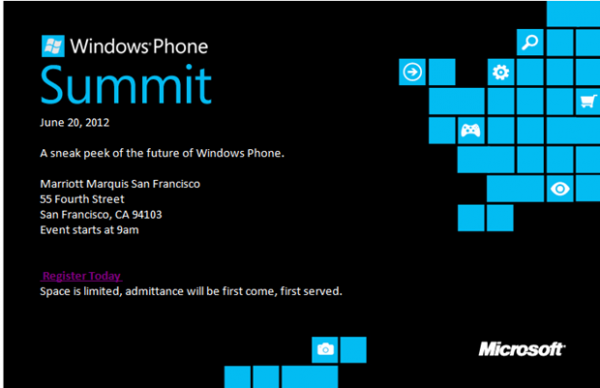
 TechSmith Corporation has released new editions of its flagship screen recording and video editing software,
TechSmith Corporation has released new editions of its flagship screen recording and video editing software, 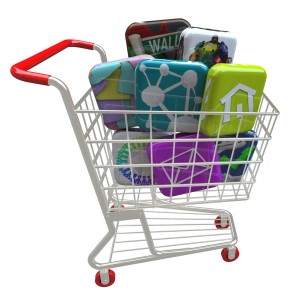 We’ve made it to June -- the year just seems to be flying by! -- and with each passing month there are more and more great offers in the
We’ve made it to June -- the year just seems to be flying by! -- and with each passing month there are more and more great offers in the  At first glance text files may seem very easy to edit and display. After all, even Windows Notepad can handle the key basics. If you’ve ever tried to view or edit a Unicode file, though, one which uses a different character set to your own, then you’ll know it can be surprisingly difficult -- unless you turn to a specialist tool, like
At first glance text files may seem very easy to edit and display. After all, even Windows Notepad can handle the key basics. If you’ve ever tried to view or edit a Unicode file, though, one which uses a different character set to your own, then you’ll know it can be surprisingly difficult -- unless you turn to a specialist tool, like 
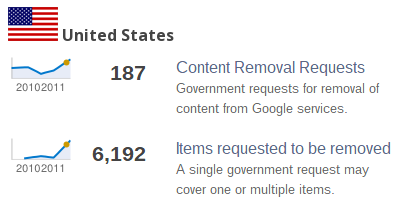 Mr. Googler, Papers Please?
Mr. Googler, Papers Please?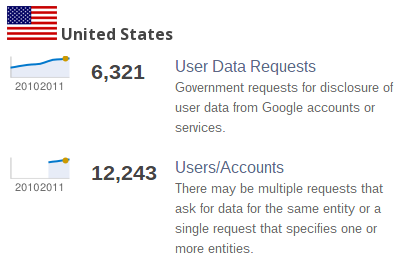 Brave New Digital World: A Writer's Closing Opinion
Brave New Digital World: A Writer's Closing Opinion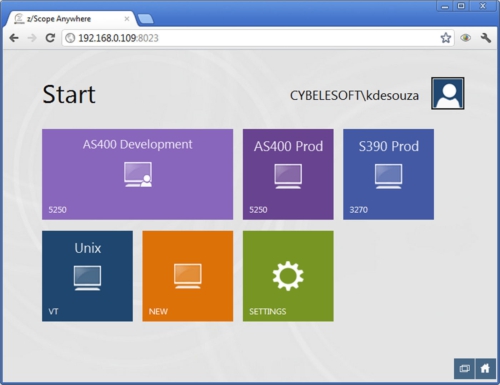
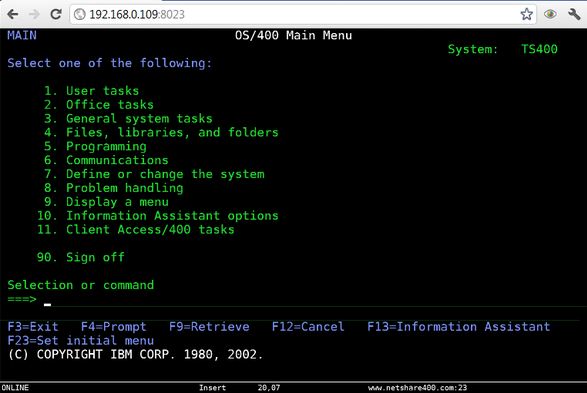
 It should be simple. All you want to do is copy, move, maybe delete a particular file. And yet Windows won’t allow it, complaining instead that the file is “in use”. It’s annoying, but don’t give up:
It should be simple. All you want to do is copy, move, maybe delete a particular file. And yet Windows won’t allow it, complaining instead that the file is “in use”. It’s annoying, but don’t give up: 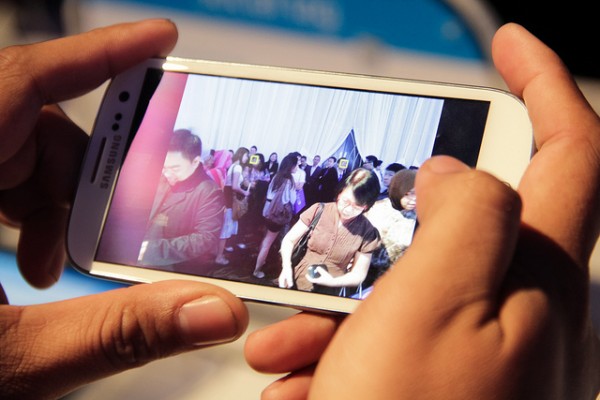


 Hybrid cloud software provider Eucalyptus open sourced its software on Tuesday, moving the entire package to
Hybrid cloud software provider Eucalyptus open sourced its software on Tuesday, moving the entire package to 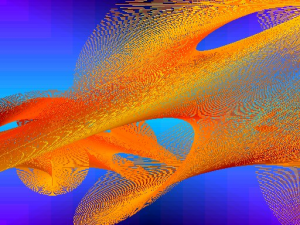 Some people seem to be born with great artistic talent, able to produce amazing work with just a few strokes of a pencil or some well-placed dabs of paint. If, like the rest of us, you’re not so lucky, though, you’re probably going to need to help to produce anything which deserves to be called “art”. And that’s where
Some people seem to be born with great artistic talent, able to produce amazing work with just a few strokes of a pencil or some well-placed dabs of paint. If, like the rest of us, you’re not so lucky, though, you’re probably going to need to help to produce anything which deserves to be called “art”. And that’s where 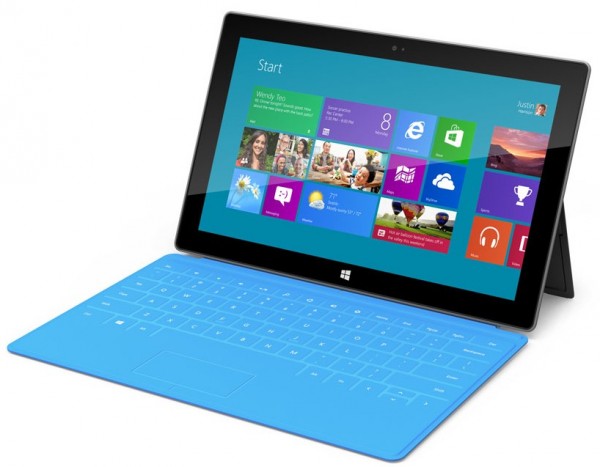
 LastPass has released a major new update for its secure password manager,
LastPass has released a major new update for its secure password manager, 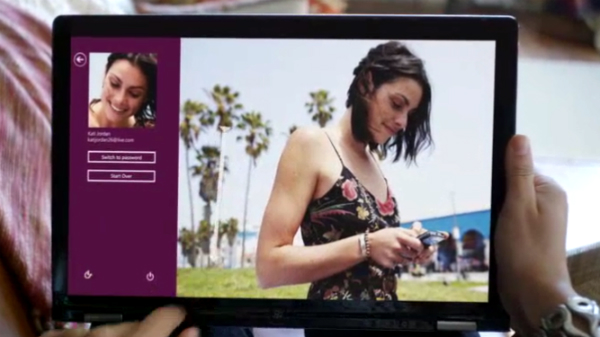
 Microsoft has released the
Microsoft has released the 
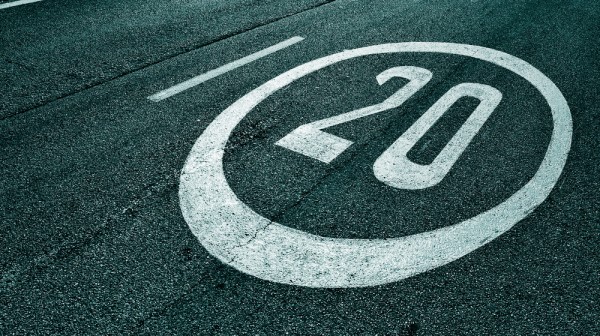
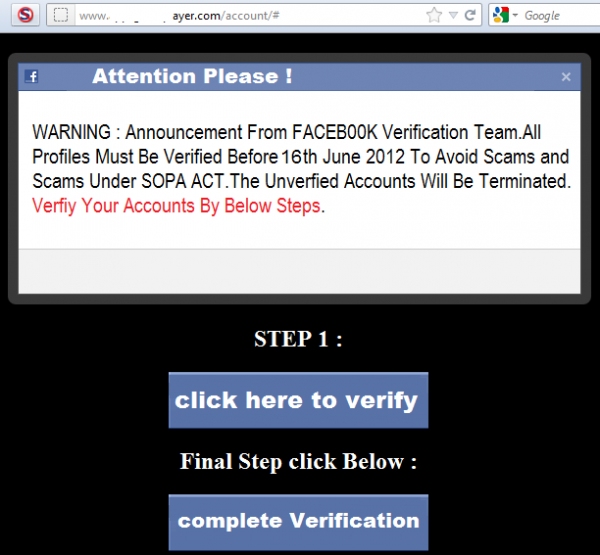

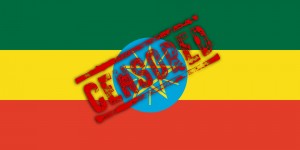 Troubling news is coming out of East Africa this week. International media site
Troubling news is coming out of East Africa this week. International media site  Customers of Microsoft's Windows Azure platform will gain disaster recovery features thanks to a partnership with Symantec announced this week. The offering is the first such service for the Azure platform, the two companies say.
Customers of Microsoft's Windows Azure platform will gain disaster recovery features thanks to a partnership with Symantec announced this week. The offering is the first such service for the Azure platform, the two companies say.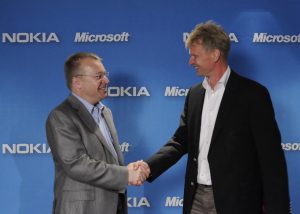 Last year, when Microsoft announced it was partnering with Nokia in Windows Phone development,
Last year, when Microsoft announced it was partnering with Nokia in Windows Phone development,  Cue up the rumormill for anyone's guess what
Cue up the rumormill for anyone's guess what  Last in a series. In
Last in a series. In  Long ago, in the days of DOS, there was no Registry where key system settings could be stored. And so variables such as, say, the location of the operating system Temporary folder were saved instead to the Environment, where they could be freely accessed by all your programs.
Long ago, in the days of DOS, there was no Registry where key system settings could be stored. And so variables such as, say, the location of the operating system Temporary folder were saved instead to the Environment, where they could be freely accessed by all your programs. It's another dress-down Friday here at BetaNews, and how could I resist dressing down Apple's Siri when cofounder Steve Wozniak makes doing so easy? Besides, I've already asserted "
It's another dress-down Friday here at BetaNews, and how could I resist dressing down Apple's Siri when cofounder Steve Wozniak makes doing so easy? Besides, I've already asserted "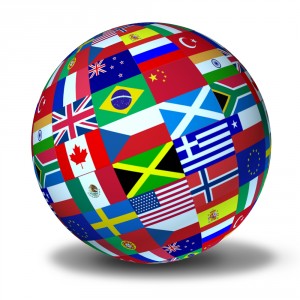 I you have some text that you’d like to get translated then there’s usually no need to know its language. Plenty of
I you have some text that you’d like to get translated then there’s usually no need to know its language. Plenty of 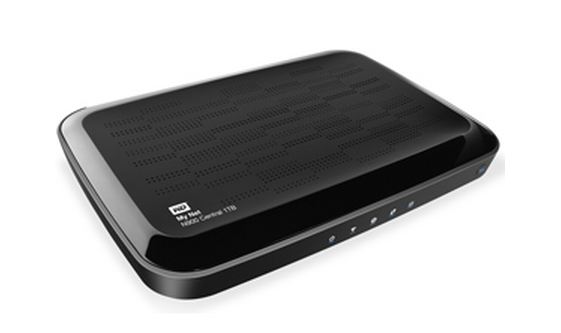

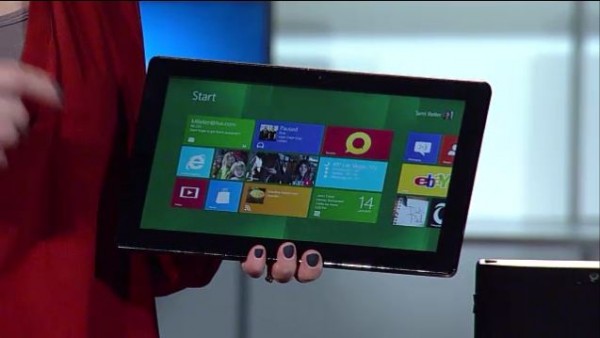
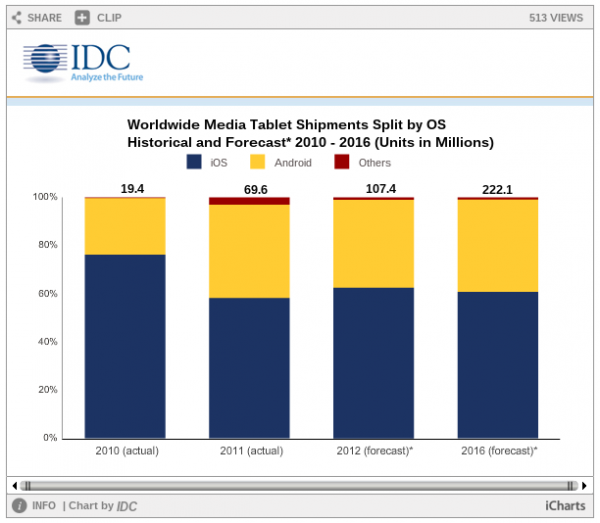
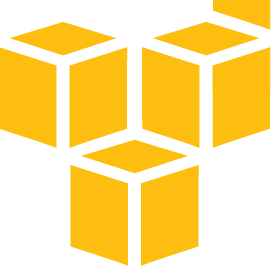
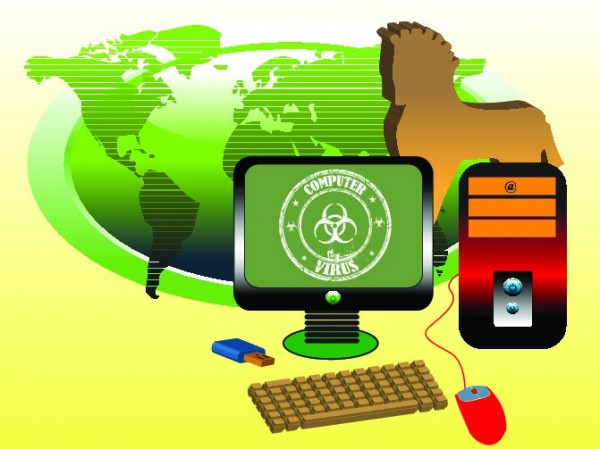
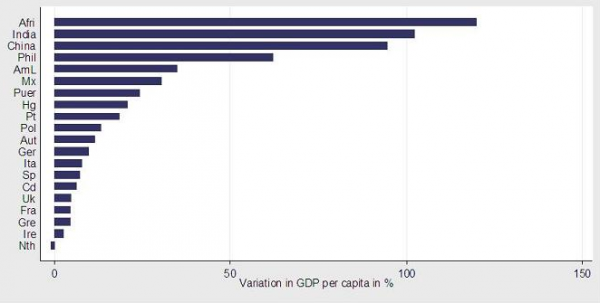
 Say, it must be vacation time. The folks from Redmond, Wash. will trek to Los Angeles for a mysterious June 18 event. It's the right month to soak up Southern California sun. Timing surely isn't coincidental -- a week following Apple's swaggering
Say, it must be vacation time. The folks from Redmond, Wash. will trek to Los Angeles for a mysterious June 18 event. It's the right month to soak up Southern California sun. Timing surely isn't coincidental -- a week following Apple's swaggering 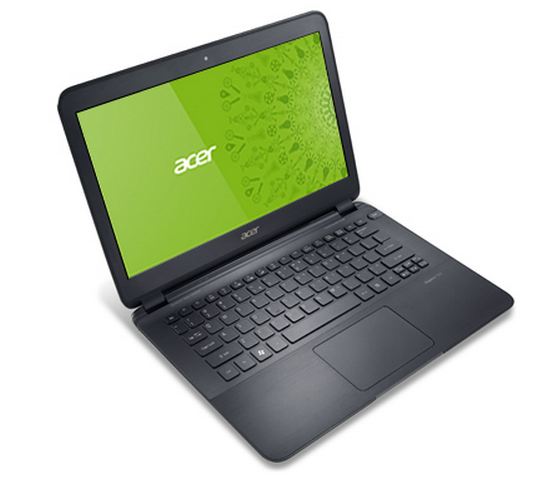
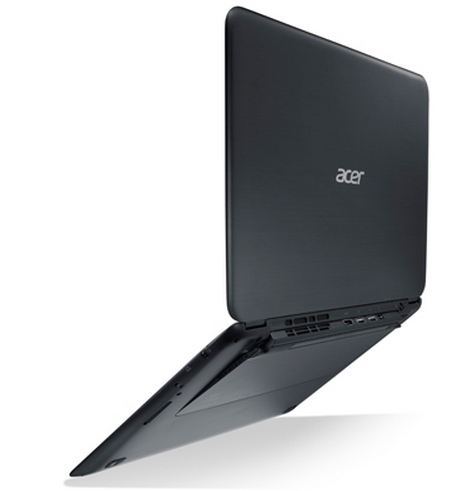
 Skype has just launched Skype
Skype has just launched Skype  It is a dark day for the employees of the world's most-recognized phone maker in Espoo, Finland. Stephen Elop, Nokia CEO, announced today that 10,000 positions will be made redundant by the end of 2013. In what is being called part of a strategy to rescale Nokia's operations after terrible losses over the past four quarters, offices in Finland, Germany and Canada will close. Also executives Niklas Savander, Mary McDowell, and Jerri DeVard will step down.
It is a dark day for the employees of the world's most-recognized phone maker in Espoo, Finland. Stephen Elop, Nokia CEO, announced today that 10,000 positions will be made redundant by the end of 2013. In what is being called part of a strategy to rescale Nokia's operations after terrible losses over the past four quarters, offices in Finland, Germany and Canada will close. Also executives Niklas Savander, Mary McDowell, and Jerri DeVard will step down. 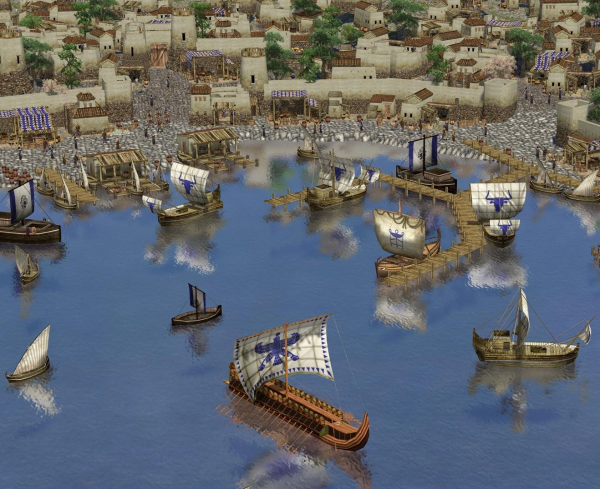
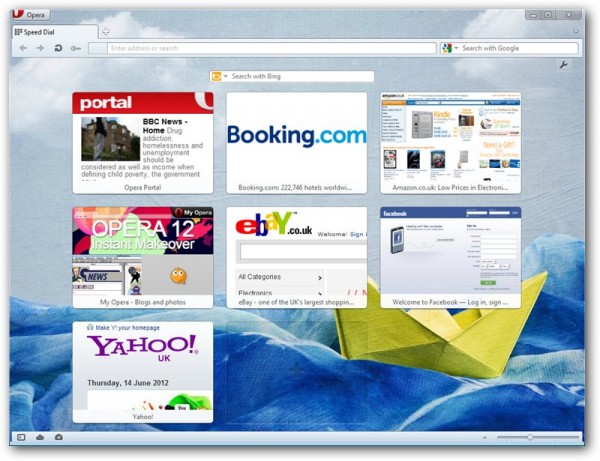
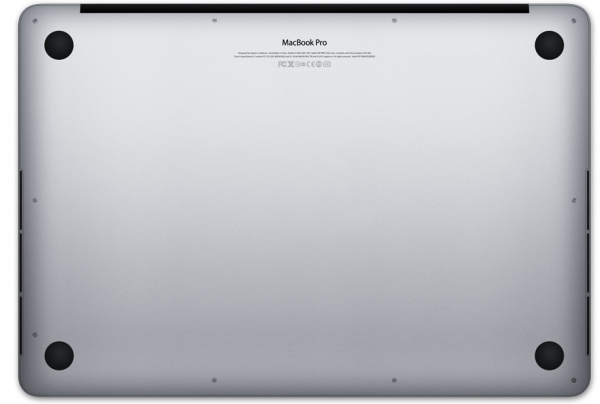
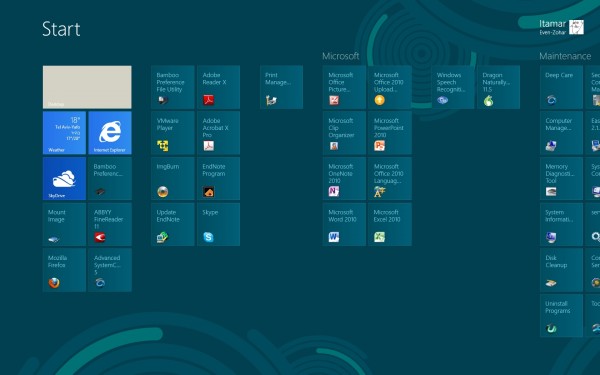
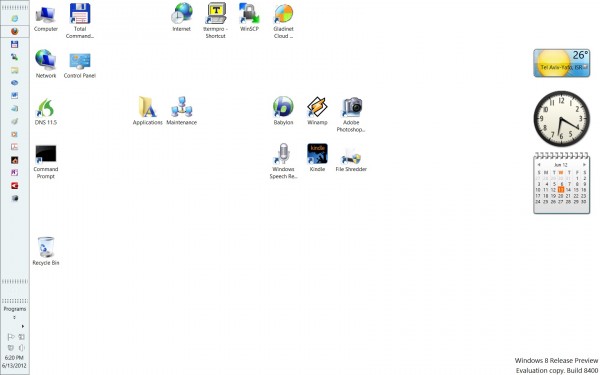

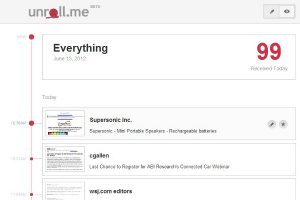 Email newsletters are about a half of a step above spam. If you purchase something online, install some piece of software, or sign up for some service and thoughtlessly breeze past the checkbox that says "Keep me informed about (product)!" you can very easily find yourself getting monthly, weekly, or in the case of the most egregious mailers (like Bed, Bath, and Beyond or Victoria's Secret) daily newsletters or circulars, and those things add up quickly.
Email newsletters are about a half of a step above spam. If you purchase something online, install some piece of software, or sign up for some service and thoughtlessly breeze past the checkbox that says "Keep me informed about (product)!" you can very easily find yourself getting monthly, weekly, or in the case of the most egregious mailers (like Bed, Bath, and Beyond or Victoria's Secret) daily newsletters or circulars, and those things add up quickly.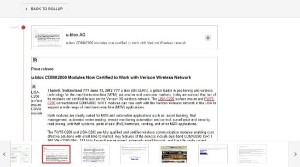
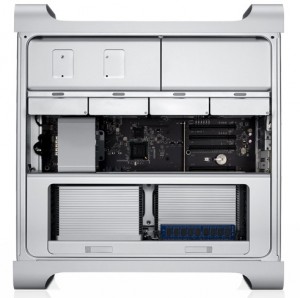 Not all of Apple’s new and upgraded products were even mentioned in Monday’s
Not all of Apple’s new and upgraded products were even mentioned in Monday’s 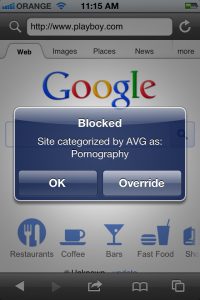 Security software company AVG has taken an active role in providing
Security software company AVG has taken an active role in providing  When managing a PC you’ll normally want software updates to be installed just as soon as they become available. But there may be occasional exceptions.
When managing a PC you’ll normally want software updates to be installed just as soon as they become available. But there may be occasional exceptions.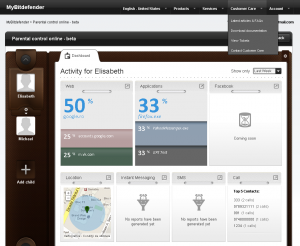 Most security companies don’t seem to place much value in parental controls, usually demoting them to an underpowered module in the darkest recesses of their security suite. But maybe that’s about to change. Bitdefender has just made available the first public beta of its standalone
Most security companies don’t seem to place much value in parental controls, usually demoting them to an underpowered module in the darkest recesses of their security suite. But maybe that’s about to change. Bitdefender has just made available the first public beta of its standalone 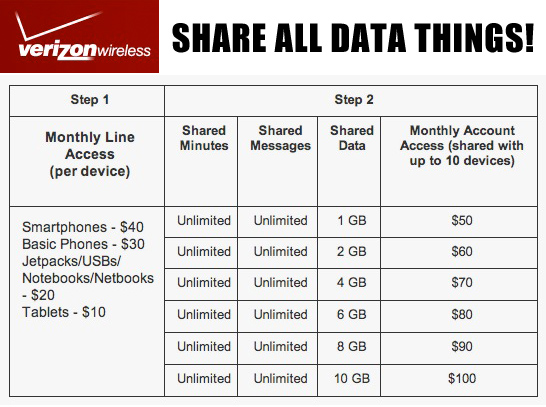
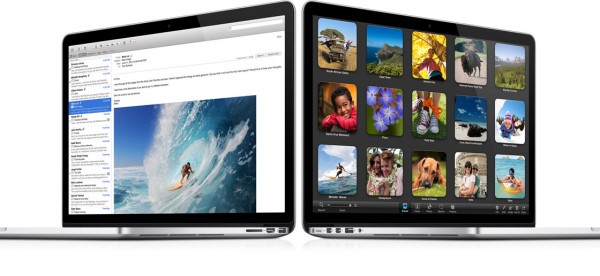

 Amazon Simple Storage Service (S3) has reached the one trillion mark in number of objects stored. For some perspective, that's 142 objects for every person on the planet, or counted one per second, it would take you 31,170 years to count them all.
Amazon Simple Storage Service (S3) has reached the one trillion mark in number of objects stored. For some perspective, that's 142 objects for every person on the planet, or counted one per second, it would take you 31,170 years to count them all.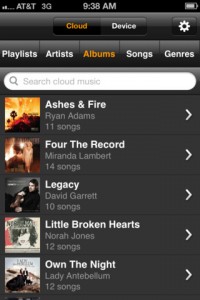 Amazon Cloud Player, a service that lets Amazon users stream their cloud-stored music collection to their mobile device over a regular data connection, has been
Amazon Cloud Player, a service that lets Amazon users stream their cloud-stored music collection to their mobile device over a regular data connection, has been  Conventional antivirus tools are fine when they’re pitted against established threats, well-known malware with a match in their signature database. If you’ve been hit by something new, though, you may need to go hunting for the culprit manually – and
Conventional antivirus tools are fine when they’re pitted against established threats, well-known malware with a match in their signature database. If you’ve been hit by something new, though, you may need to go hunting for the culprit manually – and  Berlin-based O&O Software has announced a major update to its Windows back-up and restore tool.
Berlin-based O&O Software has announced a major update to its Windows back-up and restore tool.  Viewing a digital photo’s EXIF metadata can provide all kinds of useful information, including the date and time the original image was taken, the camera used to take it, exposure and ISO settings, shutter speed, metering mode and a whole lot more. And seeing some of this can be as simple as clicking on the image in Explorer (the bar at the bottom of the window will show you a few key tags).
Viewing a digital photo’s EXIF metadata can provide all kinds of useful information, including the date and time the original image was taken, the camera used to take it, exposure and ISO settings, shutter speed, metering mode and a whole lot more. And seeing some of this can be as simple as clicking on the image in Explorer (the bar at the bottom of the window will show you a few key tags). When Windows dies it’s not always easy to determine just what caused the problem. Sometimes you may be lucky and find that you are shown a helpful error message that singles out the culprit, but for most BSoDs and crashes you’ll end up with an error code that is all but impossible to interpret. In many cases you will find that Windows simply restarts, giving you no opportunity to find out what has caused the problem. Install
When Windows dies it’s not always easy to determine just what caused the problem. Sometimes you may be lucky and find that you are shown a helpful error message that singles out the culprit, but for most BSoDs and crashes you’ll end up with an error code that is all but impossible to interpret. In many cases you will find that Windows simply restarts, giving you no opportunity to find out what has caused the problem. Install 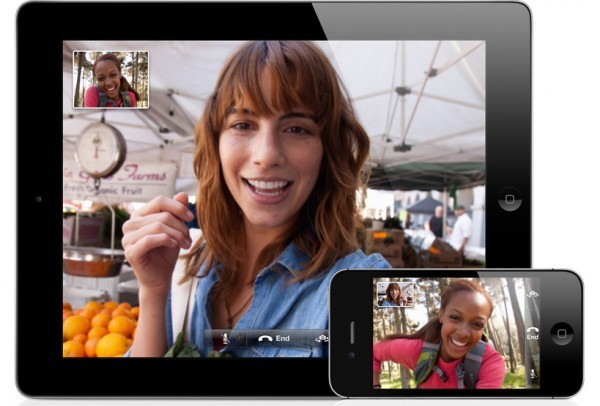
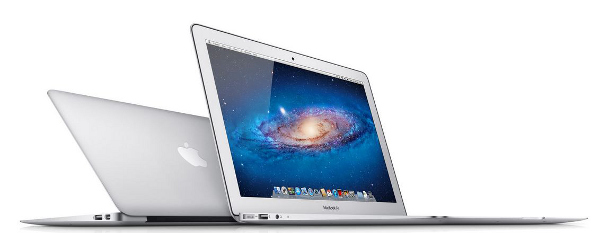
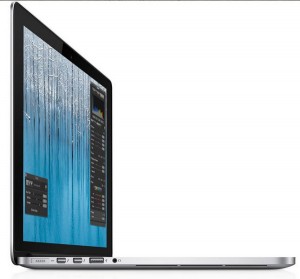
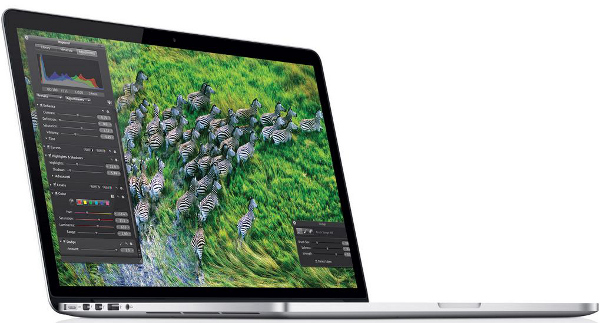
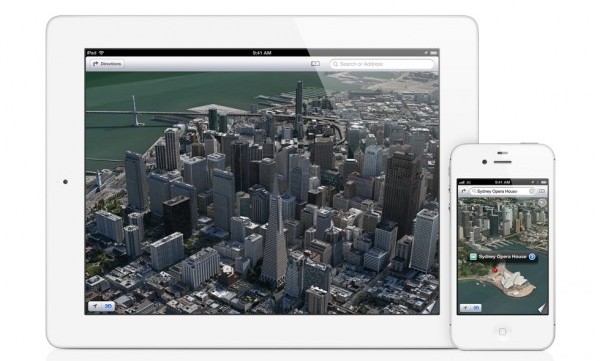
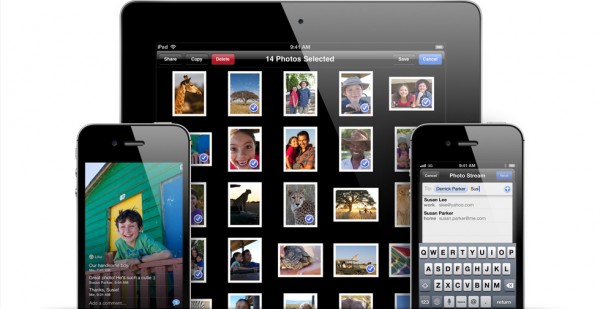
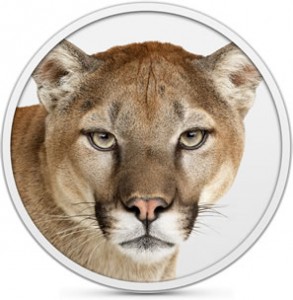 Today, at Worldwide Developer Conference, Apple laid a big challenge before Microsoft. While Windows 8 continues in testing, and won't come to new PCs until autumn, the next OS X version is ready for the masses sooner, as in next month. In the battle of oneupmanship, Apple is the clear winner. Today,
Today, at Worldwide Developer Conference, Apple laid a big challenge before Microsoft. While Windows 8 continues in testing, and won't come to new PCs until autumn, the next OS X version is ready for the masses sooner, as in next month. In the battle of oneupmanship, Apple is the clear winner. Today, 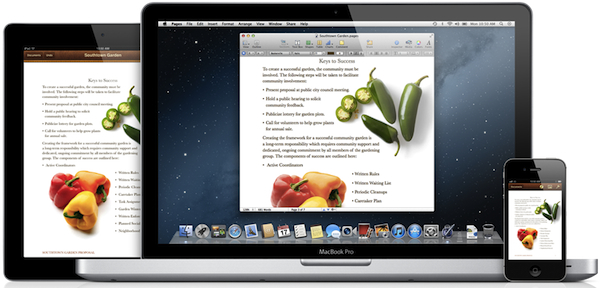
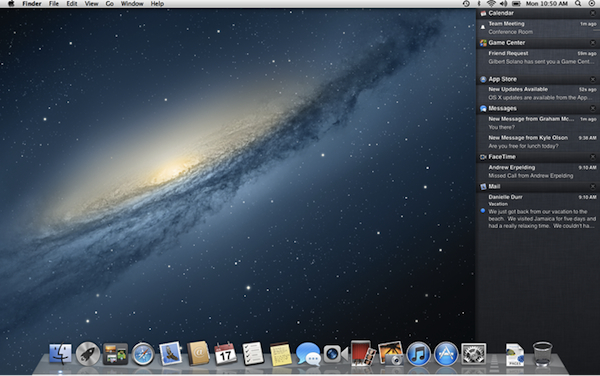
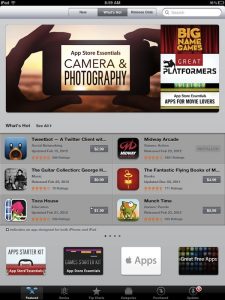 Where else would Apple tout App Store's success but its premier developer conference. Today the company disclosed 650,000 apps are now available -- that's up from 550,000 in March, when
Where else would Apple tout App Store's success but its premier developer conference. Today the company disclosed 650,000 apps are now available -- that's up from 550,000 in March, when 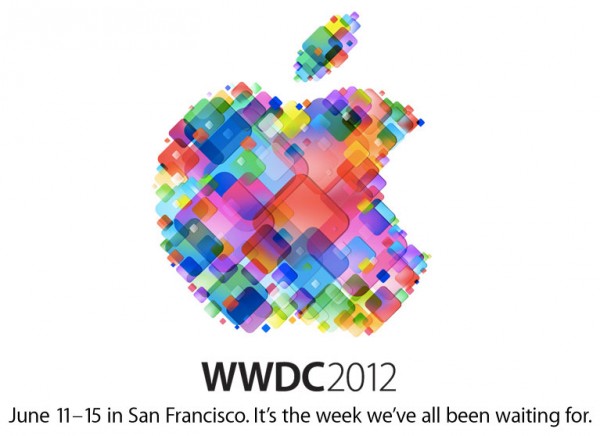

 Kaspersky Lab has released
Kaspersky Lab has released  Second in a series. Legal crowdfunding is coming, as I explained in the
Second in a series. Legal crowdfunding is coming, as I explained in the 
 Andy Rubin revealed the number late day, on the eve of Apple's developer conference. Google's Android chief disclosed the activations while dispelling rumors circulated by Robert Scoble about leaving for startup CloudCar. Rubin isn't going anywhere.
Andy Rubin revealed the number late day, on the eve of Apple's developer conference. Google's Android chief disclosed the activations while dispelling rumors circulated by Robert Scoble about leaving for startup CloudCar. Rubin isn't going anywhere. Microsoft Sysinternals has released
Microsoft Sysinternals has released 
 Aryeh Goretsky is distinguished researcher for security provider
Aryeh Goretsky is distinguished researcher for security provider 
 Microsoft's Office 365 cloud productivity suite gained even more momentum on Thursday, with both the Department of Transportation and Federal Aviation Administration announcing they will move some 80,000 employees to the platform.
Microsoft's Office 365 cloud productivity suite gained even more momentum on Thursday, with both the Department of Transportation and Federal Aviation Administration announcing they will move some 80,000 employees to the platform. Irving Fain is the CEO & Co-founder of
Irving Fain is the CEO & Co-founder of 
 Building a website which looks good on desktop computers and mobile devices generally requires a lot of thought. There are plenty of design issues to consider, and even when you think you’ve finished you’ll still need to test the site thoroughly to confirm that all is well. (Just browsing a few pages with your iPad almost certainly won’t be good enough.)
Building a website which looks good on desktop computers and mobile devices generally requires a lot of thought. There are plenty of design issues to consider, and even when you think you’ve finished you’ll still need to test the site thoroughly to confirm that all is well. (Just browsing a few pages with your iPad almost certainly won’t be good enough.)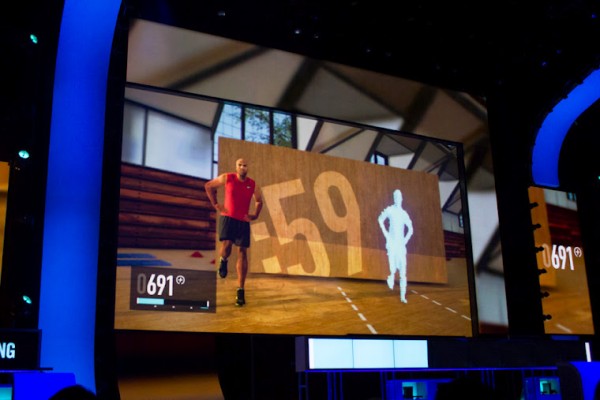
 It’s important for your PC’s security to install application updates just as soon as they become available, but if a program doesn’t check for these itself then that can be a challenge. Unless you have the time to monitor every application website yourself then you’ll probably need some third-party help, and the latest candidate is the free and portable
It’s important for your PC’s security to install application updates just as soon as they become available, but if a program doesn’t check for these itself then that can be a challenge. Unless you have the time to monitor every application website yourself then you’ll probably need some third-party help, and the latest candidate is the free and portable 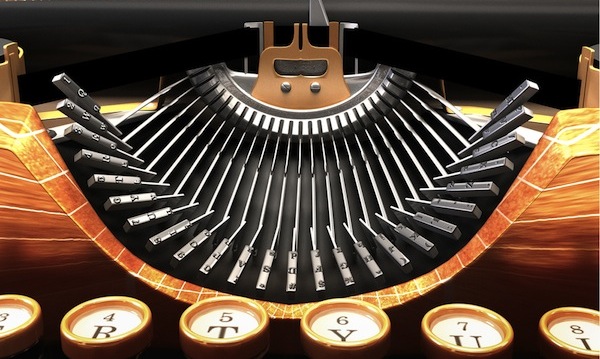
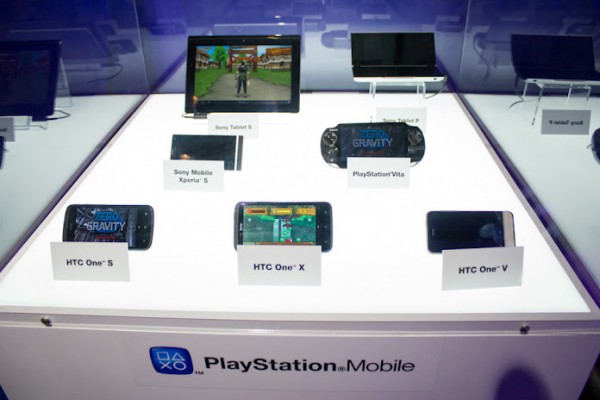
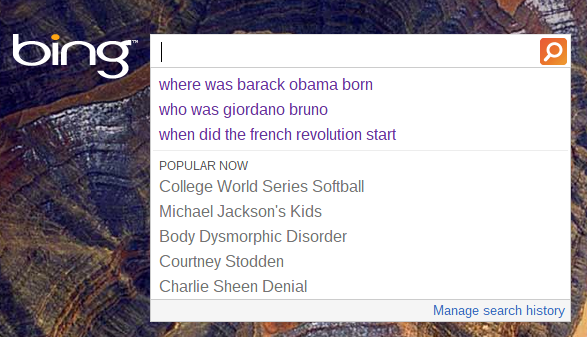
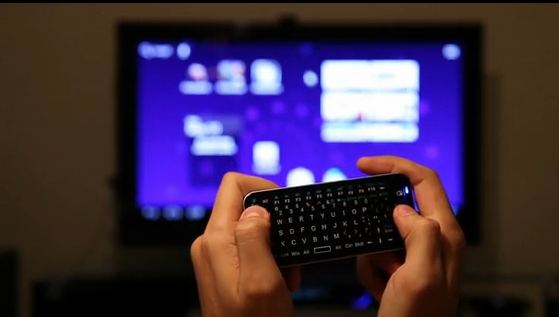
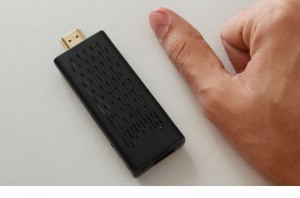
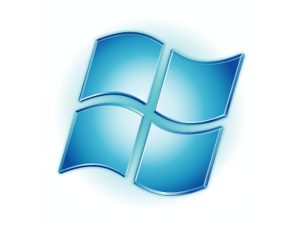
 Keeping track of what’s happening across even the smallest network can be a challenge. To put it mildly. Whether it’s your users misbehaving, or genuine hardware and software issues are cropping up, there’s always some problem to consider.
Keeping track of what’s happening across even the smallest network can be a challenge. To put it mildly. Whether it’s your users misbehaving, or genuine hardware and software issues are cropping up, there’s always some problem to consider.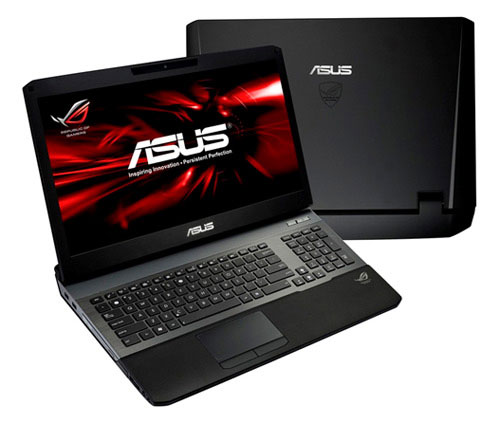
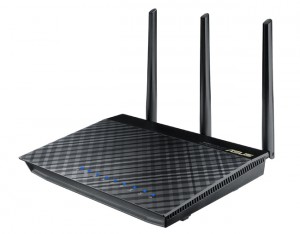
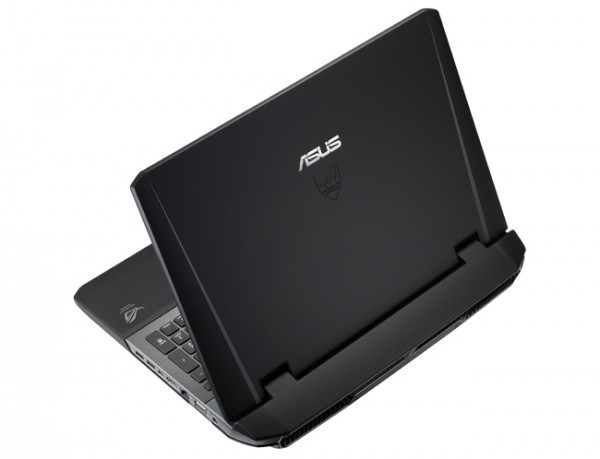
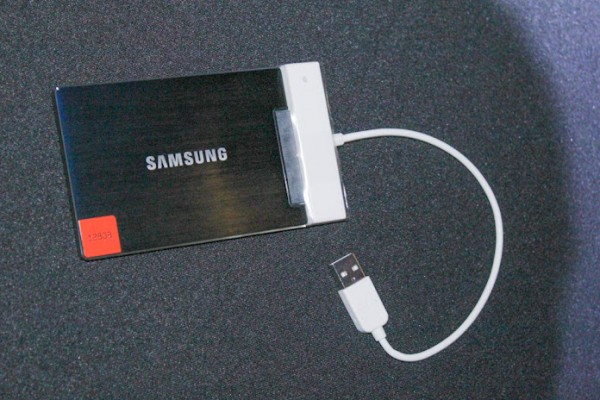

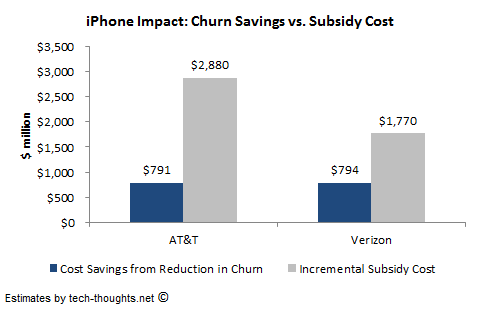
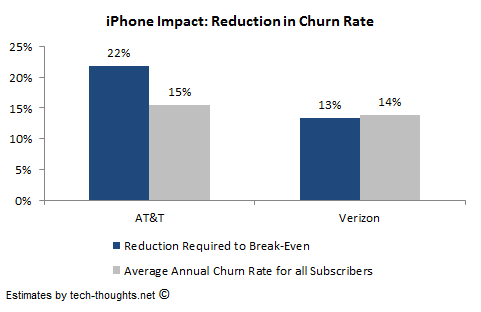
 There are countless websites that feature hours of streaming video that you can watch whenever you have an Internet connection. But what about those times when you are not able to get online? If you are going on a trip and want to ensure that the children have something to watch on a laptop or tablet,
There are countless websites that feature hours of streaming video that you can watch whenever you have an Internet connection. But what about those times when you are not able to get online? If you are going on a trip and want to ensure that the children have something to watch on a laptop or tablet, 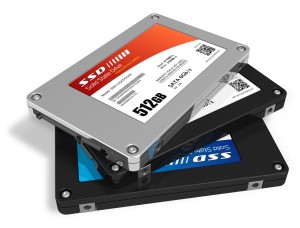 Condusiv Technologies has released
Condusiv Technologies has released  Following on from the release of
Following on from the release of 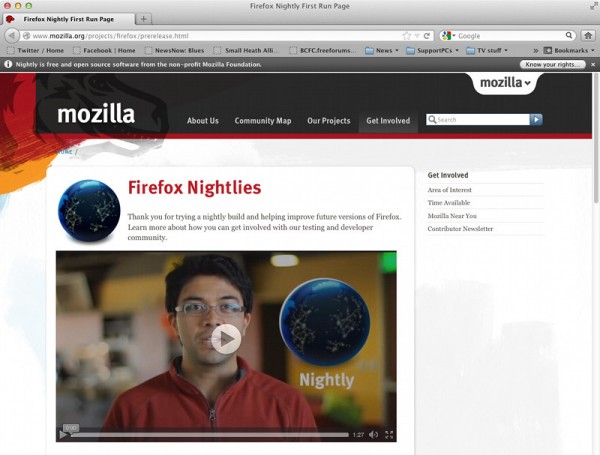
 Every time you connect a new device to your PC, Windows will install the appropriate driver, if necessary, and add a reference to the Registry so that your hardware can be utilised more quickly in future. And under normal circumstances there’s no need to worry about any of this: it just works.
Every time you connect a new device to your PC, Windows will install the appropriate driver, if necessary, and add a reference to the Registry so that your hardware can be utilised more quickly in future. And under normal circumstances there’s no need to worry about any of this: it just works. Oracle jumped head-first into the cloud Wednesday, announcing the immediate availability of its comprehensive cloud offering. Oracle's cloud service spent seven years in development, and is comprised of over 100 apps.
Oracle jumped head-first into the cloud Wednesday, announcing the immediate availability of its comprehensive cloud offering. Oracle's cloud service spent seven years in development, and is comprised of over 100 apps. This morning when I logged into
This morning when I logged into 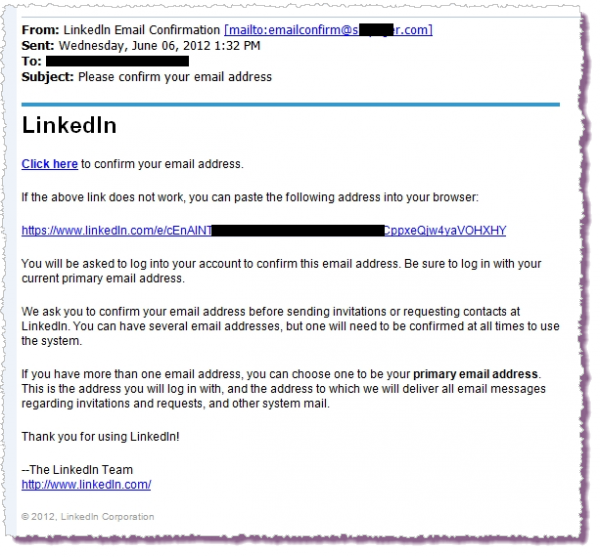


 Today's LinkedIn hack,
Today's LinkedIn hack, 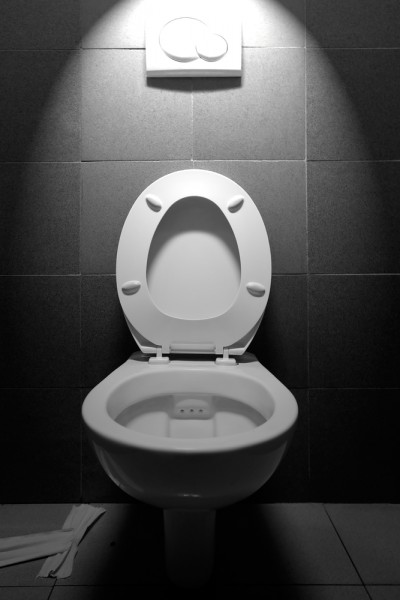 In March of last year, I boasted: "
In March of last year, I boasted: "

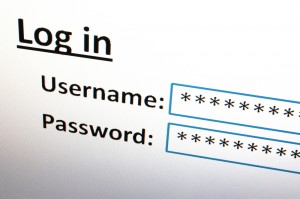 LinkedIn users are advised to change their passwords after it was revealed that more than 6.5 million encrypted passwords were posted to a Russian hacker website. The hackers are attempting to enlist help to crack the encryption, and 300,000 accounts are already compromised.
LinkedIn users are advised to change their passwords after it was revealed that more than 6.5 million encrypted passwords were posted to a Russian hacker website. The hackers are attempting to enlist help to crack the encryption, and 300,000 accounts are already compromised.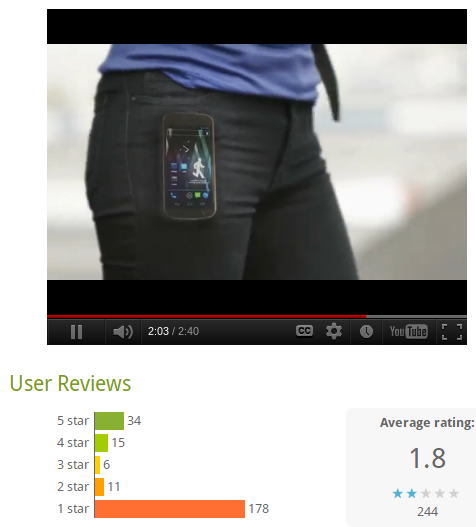
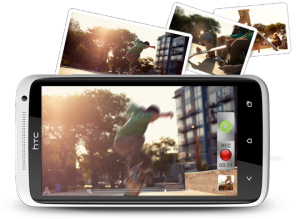 At the the Electronic Entertainment Expo 2012 Sony Press Conference, Sony announced a big push for their mobile phone gaming platform for Android powered mobile devices. Once called Sony Playstation Suite, Sony is first changing the name to Playstation Mobile. The whole idea is about making it possible to allow access to PlayStation Classic games and other PlayStation titles on "PlayStation Certified" devices. This move expands the selection of access to Playstation games for mobile beyond the current Sony made Xperia phone and tablet line of Android devices.
At the the Electronic Entertainment Expo 2012 Sony Press Conference, Sony announced a big push for their mobile phone gaming platform for Android powered mobile devices. Once called Sony Playstation Suite, Sony is first changing the name to Playstation Mobile. The whole idea is about making it possible to allow access to PlayStation Classic games and other PlayStation titles on "PlayStation Certified" devices. This move expands the selection of access to Playstation games for mobile beyond the current Sony made Xperia phone and tablet line of Android devices.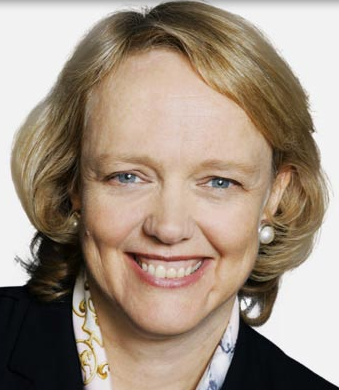 HP Discover is the company's yearly opportunity to showcase its product lineup for enterprise customers. This year's event takes on a different tone, as some people are concerned about the company's future direction and whether or not HP's best days are behind it.
HP Discover is the company's yearly opportunity to showcase its product lineup for enterprise customers. This year's event takes on a different tone, as some people are concerned about the company's future direction and whether or not HP's best days are behind it.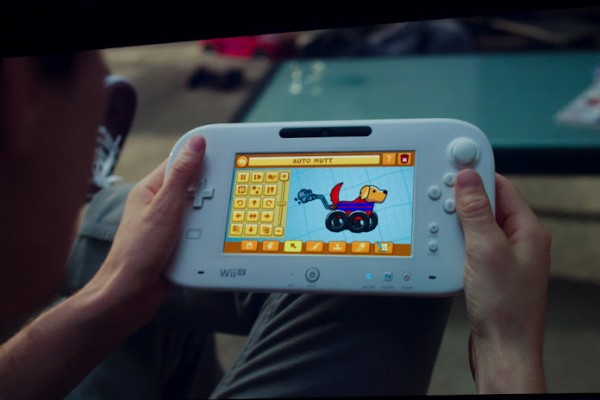
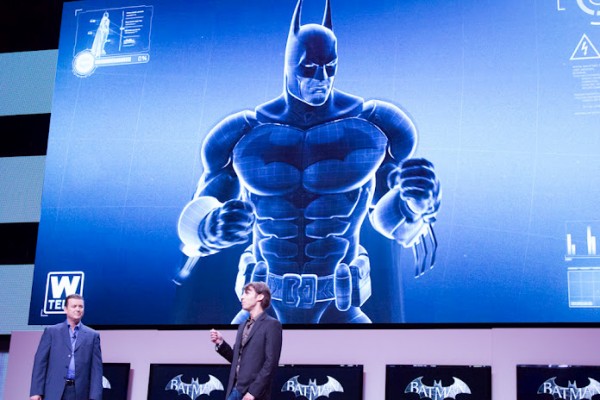
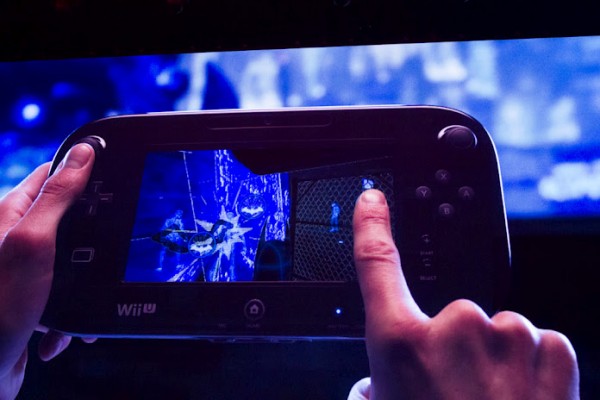
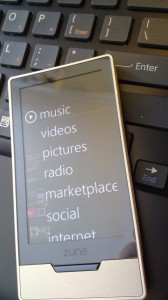 Stop me if you
Stop me if you 

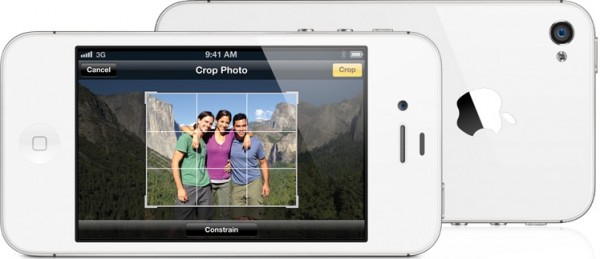
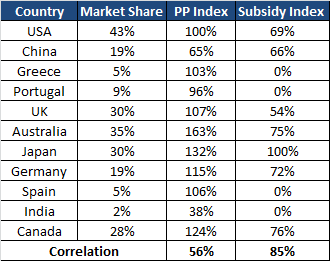 Here are the sources for market share figures of the remaining countries --
Here are the sources for market share figures of the remaining countries -- 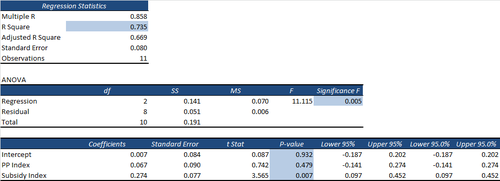
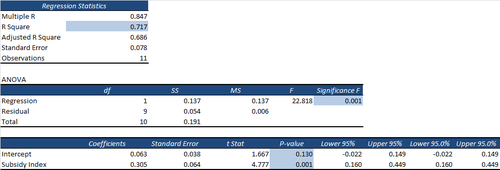
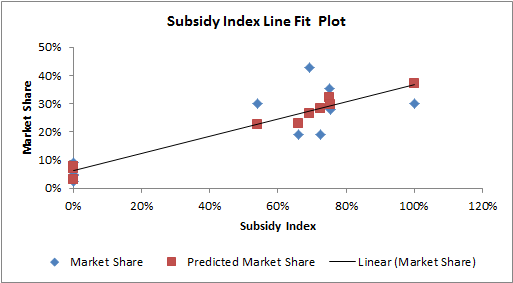


 Toshiba USA on Tuesday announced a small selection of next-generation Windows machines, including a new ultrabook in the Satellite family, a convertible Windows 8 notebook designed in conjunction with Intel, and pair of mobile devices running Windows RT.
Toshiba USA on Tuesday announced a small selection of next-generation Windows machines, including a new ultrabook in the Satellite family, a convertible Windows 8 notebook designed in conjunction with Intel, and pair of mobile devices running Windows RT. Save your greenbacks now. During these thirty days you'll hear about lots of innovative and imitative products coming for the holidays. There's no coal in Santa's stocking this year, just too much tech to fit your gift list.
Save your greenbacks now. During these thirty days you'll hear about lots of innovative and imitative products coming for the holidays. There's no coal in Santa's stocking this year, just too much tech to fit your gift list.  By far the biggest releases of the past week come from Microsoft. The up-coming Windows 8 is now really not too far away and you can check to see whether your computer is going to be able to run it by downloading yourself a copy of
By far the biggest releases of the past week come from Microsoft. The up-coming Windows 8 is now really not too far away and you can check to see whether your computer is going to be able to run it by downloading yourself a copy of 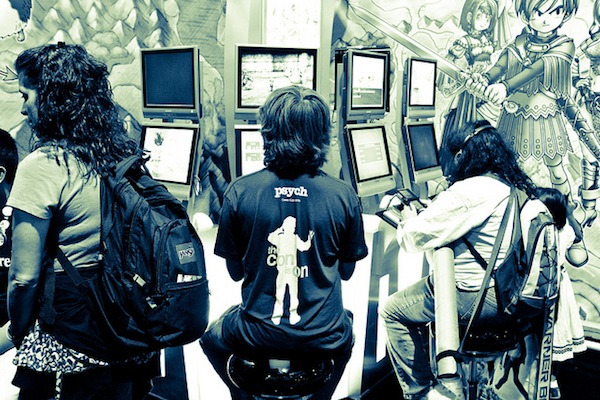

 Mike Feibus is principal analyst at
Mike Feibus is principal analyst at 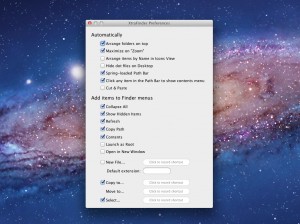 It may not be the sexiest feature in OS X, but there’s little doubt of the importance of Finder to your day-to-day computing. Each iteration of OS X comes and goes, tweaks and refines Finder that little bit more, and yet along come developers who take the Apple ethos that little bit further and find tweaks to make things just work.
It may not be the sexiest feature in OS X, but there’s little doubt of the importance of Finder to your day-to-day computing. Each iteration of OS X comes and goes, tweaks and refines Finder that little bit more, and yet along come developers who take the Apple ethos that little bit further and find tweaks to make things just work. You’ve downloaded an interesting new application, and you’re eager to try it out. So it’s hardly a surprise if, when you’re presented with a lengthy and complex licence agreement, you’ll just choose the “Agree” option without even reading it.
You’ve downloaded an interesting new application, and you’re eager to try it out. So it’s hardly a surprise if, when you’re presented with a lengthy and complex licence agreement, you’ll just choose the “Agree” option without even reading it. In a move that is sure to rankle web advertisers, Microsoft late Thursday disclosed that Internet Explorer will have "Do Not Track" functionality on by default. This will prevent browser data crucial to behavioral and targeted advertising from being sent to third parties and could seriously disrupt the advertising industry in general.
In a move that is sure to rankle web advertisers, Microsoft late Thursday disclosed that Internet Explorer will have "Do Not Track" functionality on by default. This will prevent browser data crucial to behavioral and targeted advertising from being sent to third parties and could seriously disrupt the advertising industry in general.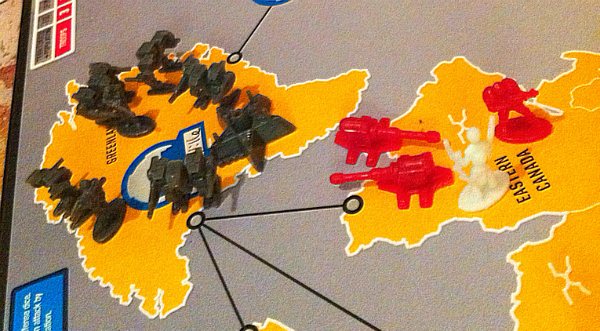

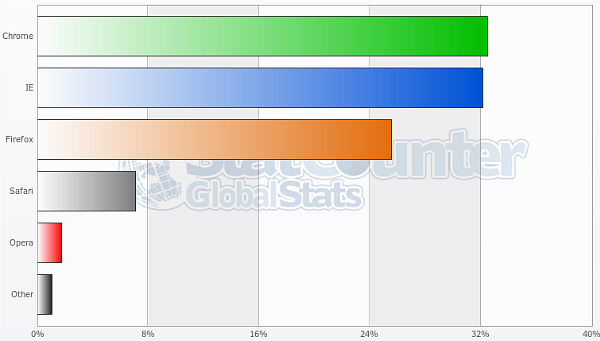
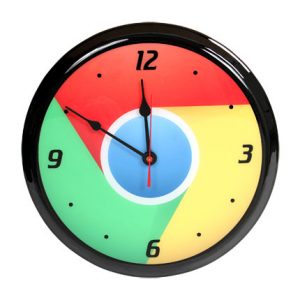 On June 1, Net Applications and StatCounter will release browser usage share for May. But why wait? Ten days ago I asked
On June 1, Net Applications and StatCounter will release browser usage share for May. But why wait? Ten days ago I asked  Oracle CEO Larry Ellison may have felt like king of the world Wednesday night as he announced
Oracle CEO Larry Ellison may have felt like king of the world Wednesday night as he announced  Microsoft's suite of enterprise products isn't about to let the consumer-facing ones steal the headlines. On the same day the Redmond, Wash. company announced the
Microsoft's suite of enterprise products isn't about to let the consumer-facing ones steal the headlines. On the same day the Redmond, Wash. company announced the